|
New
Releases |
January 16, 2026
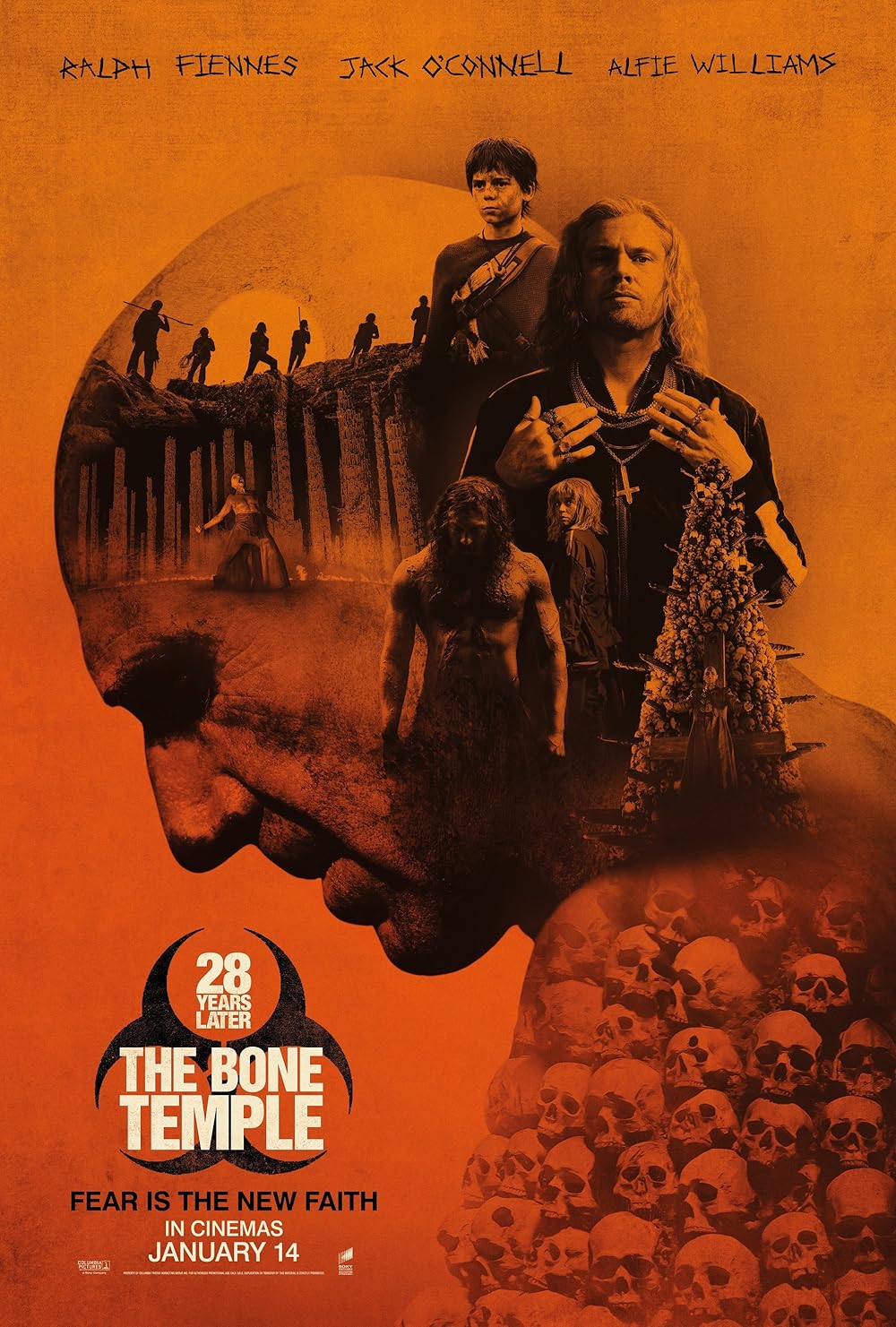
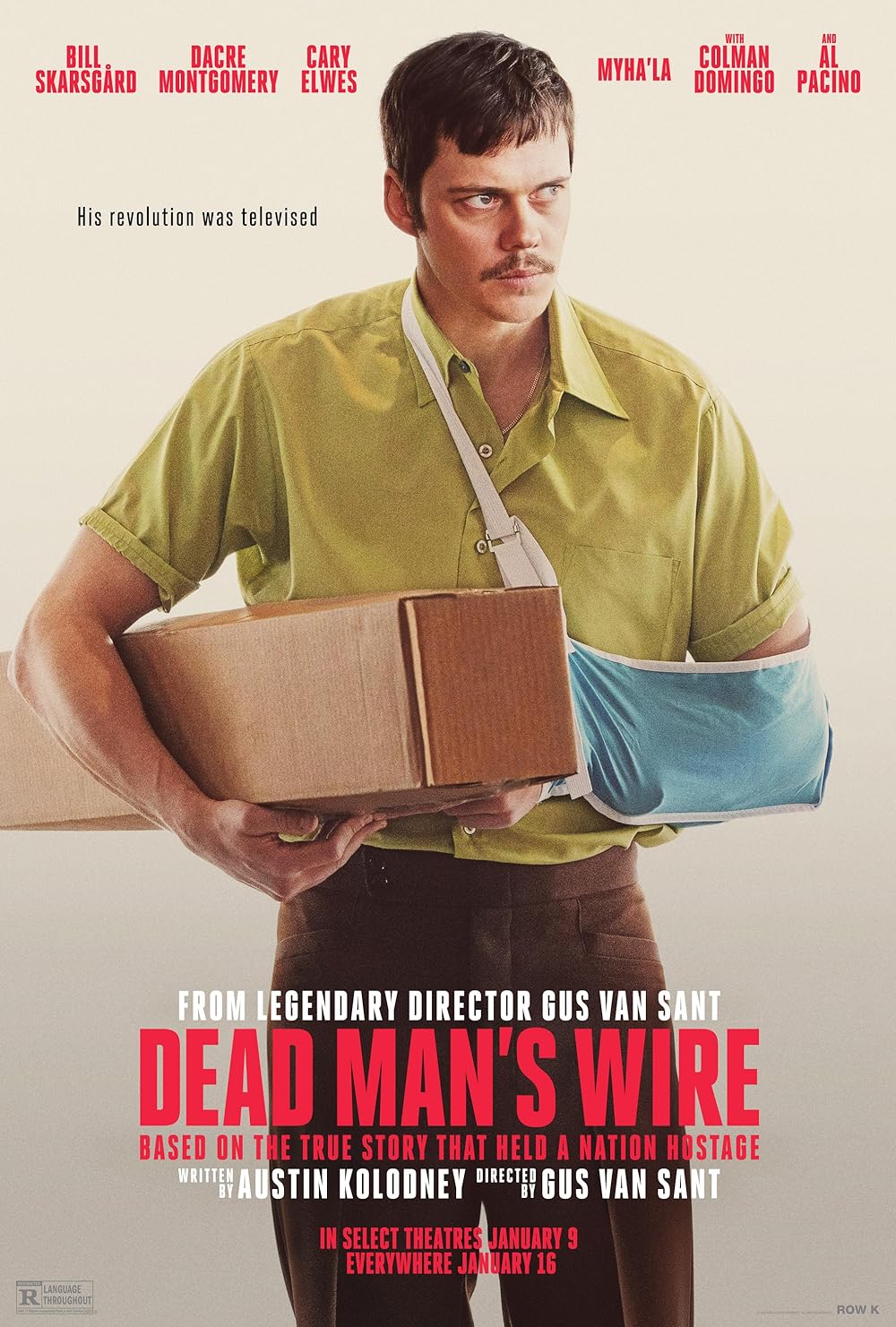
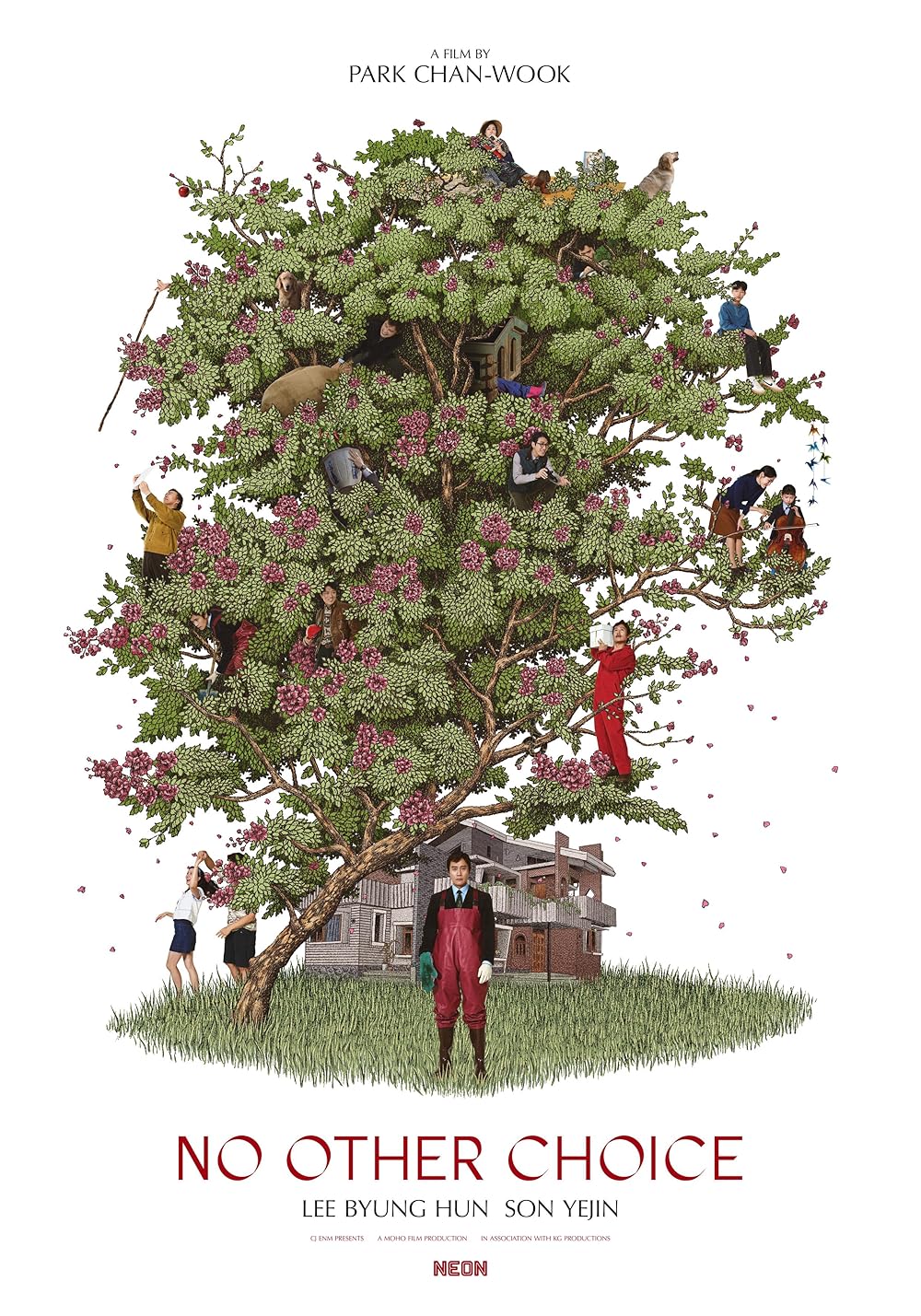
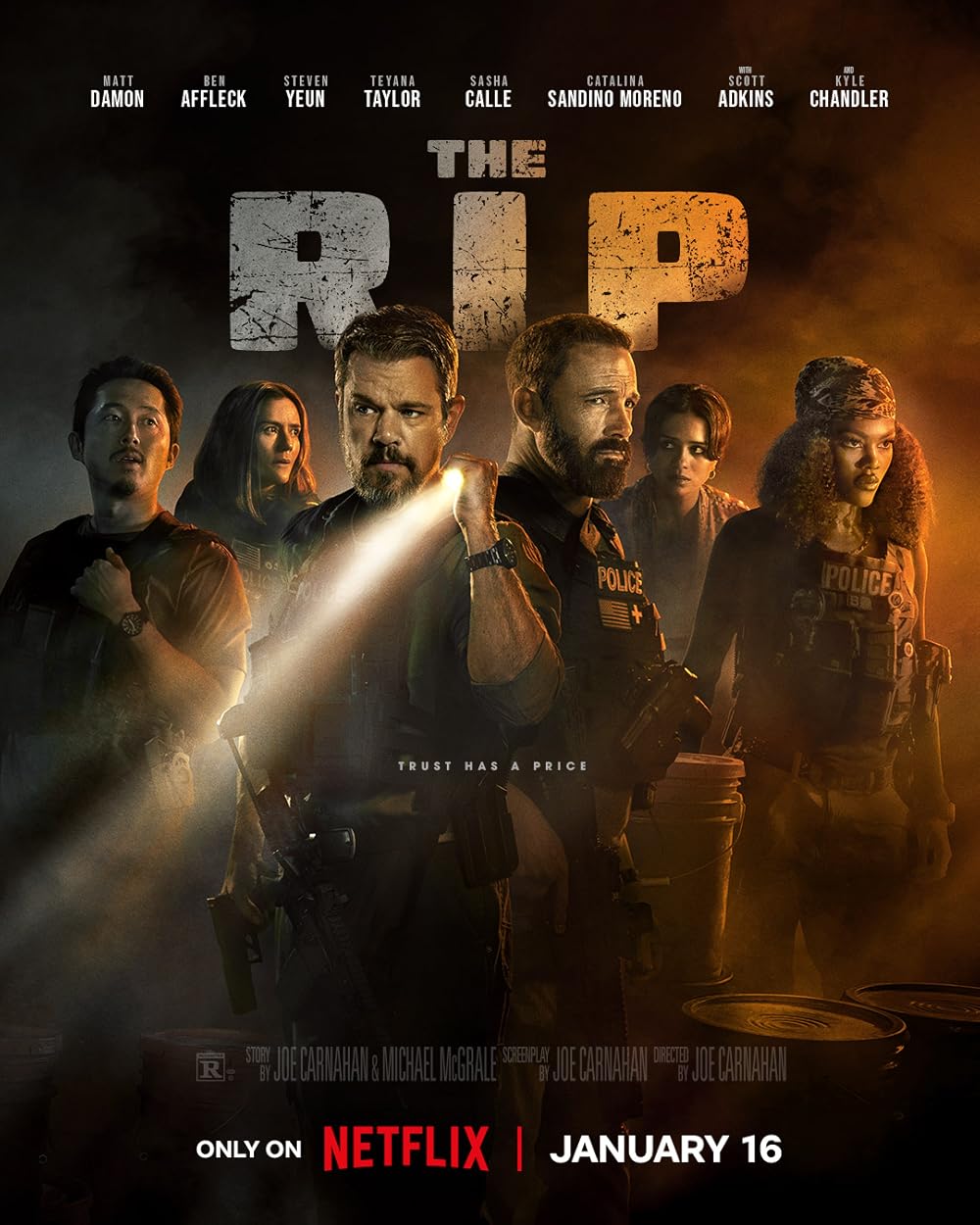 |
January 9, 2026
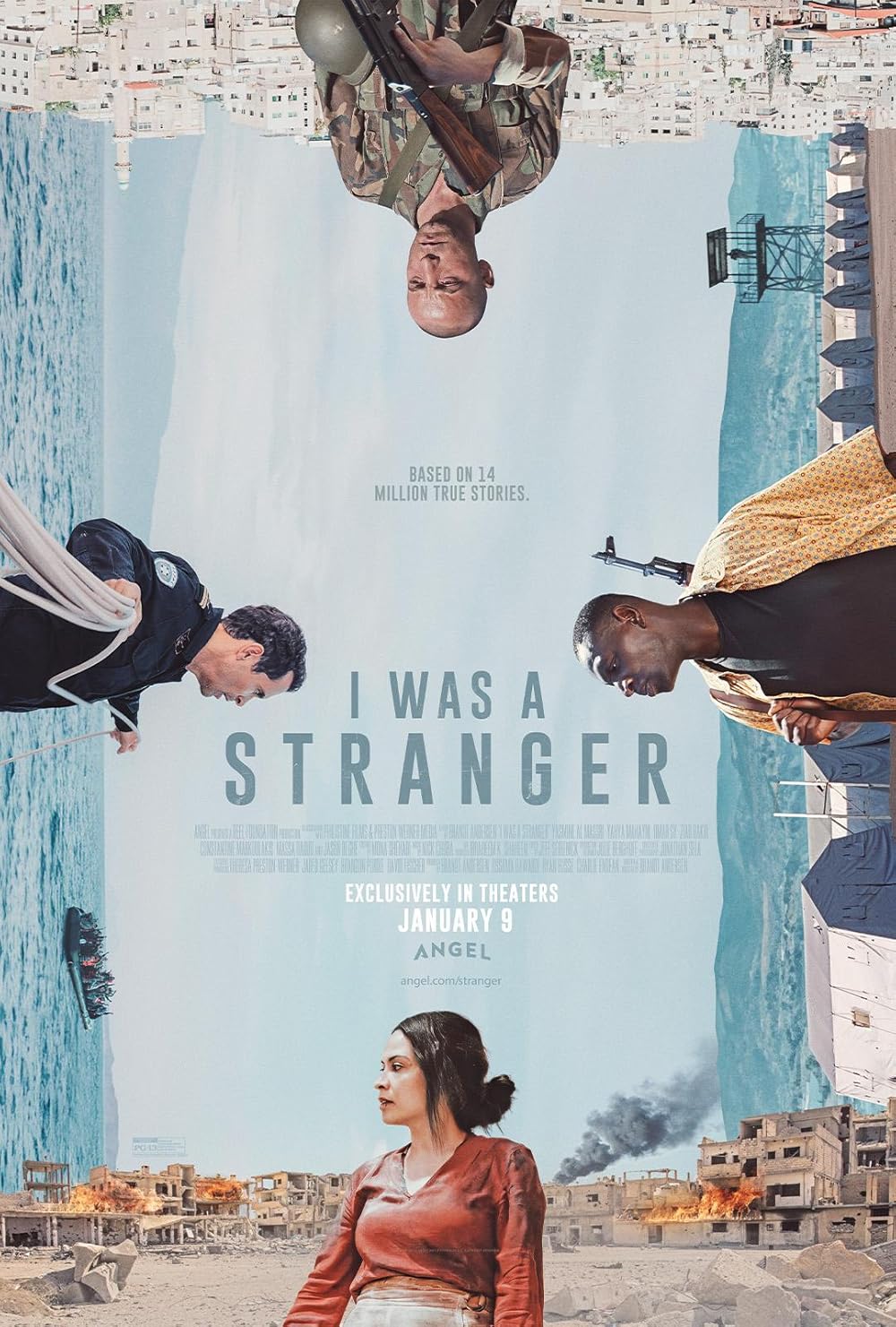
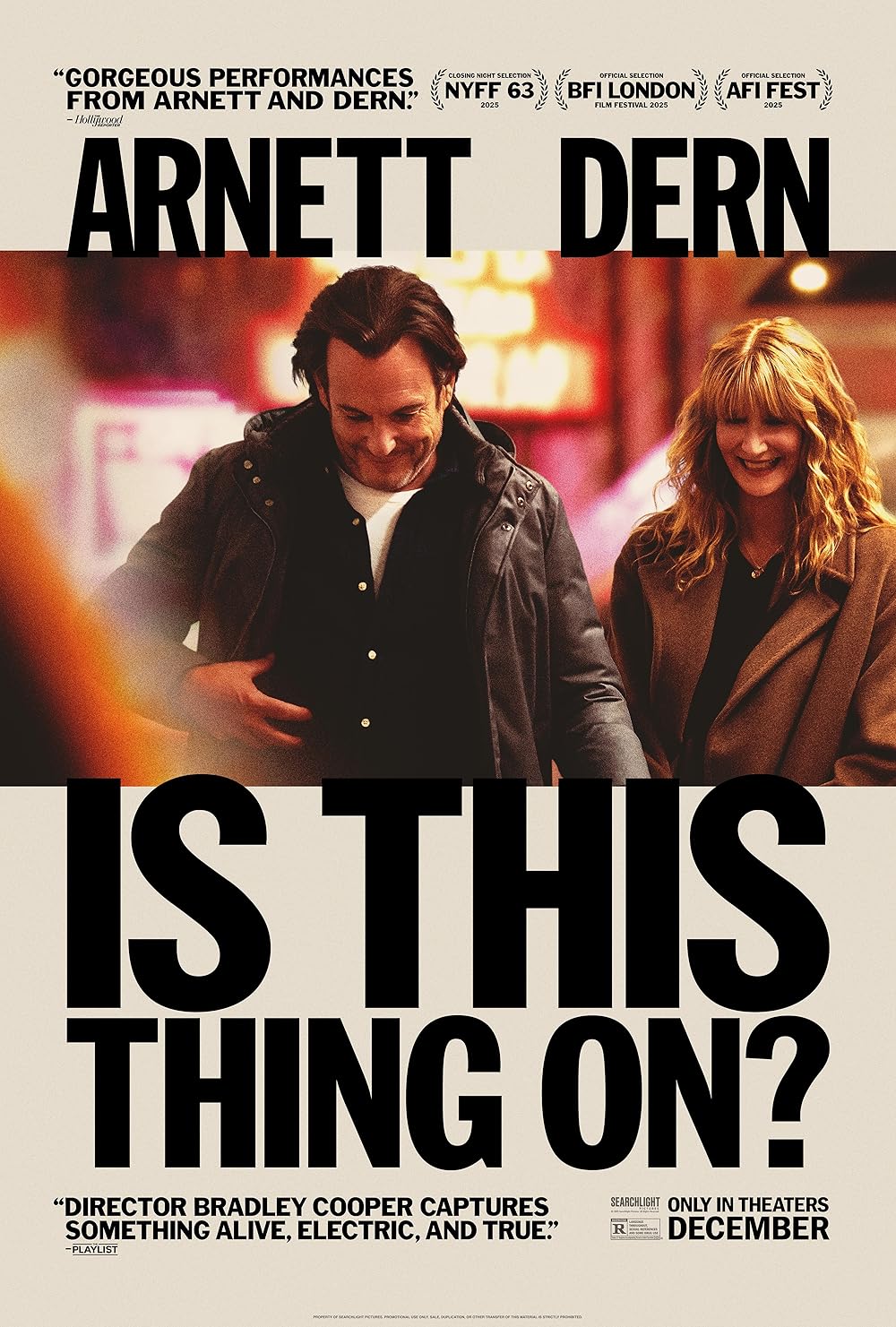 |
January 2, 2026
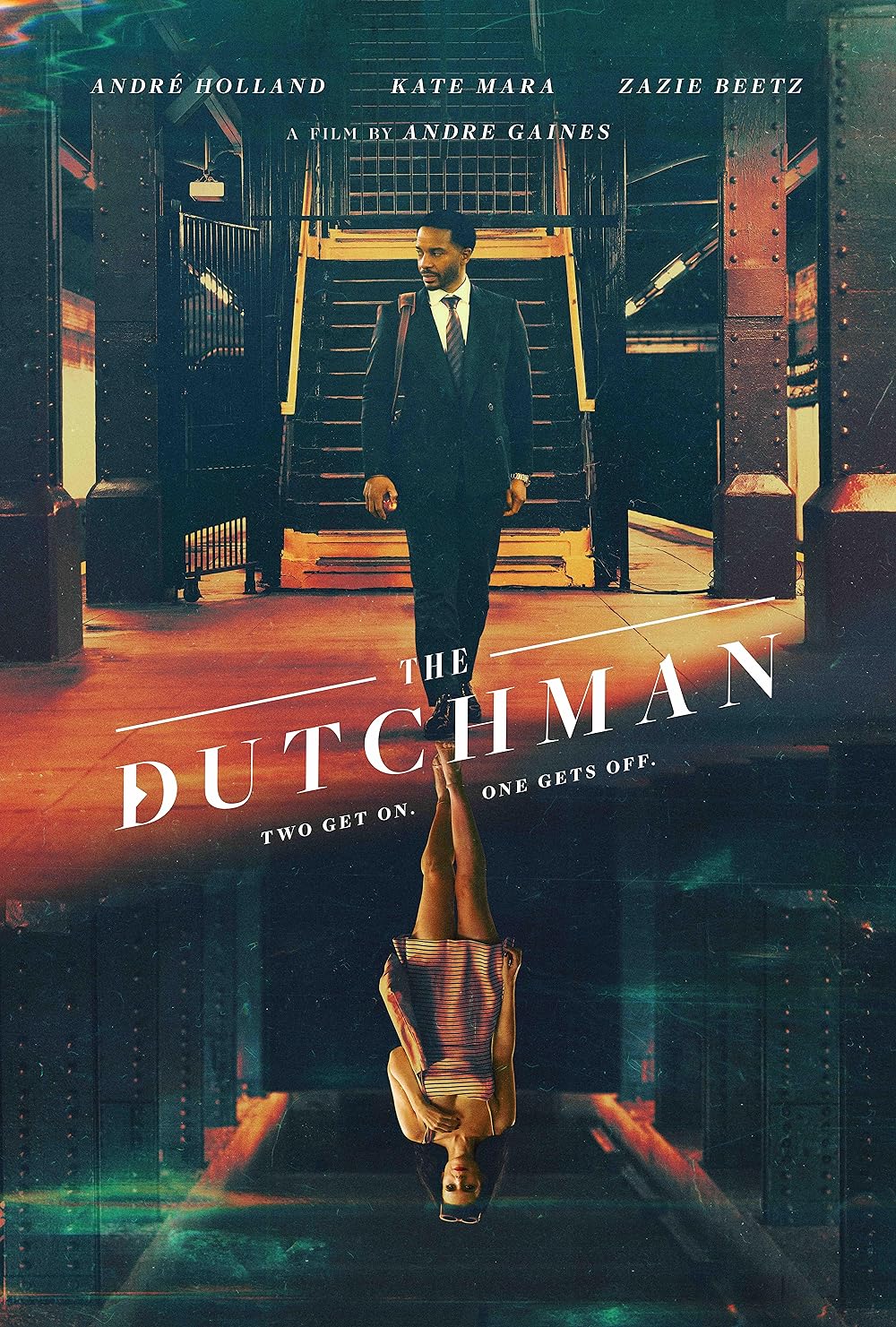
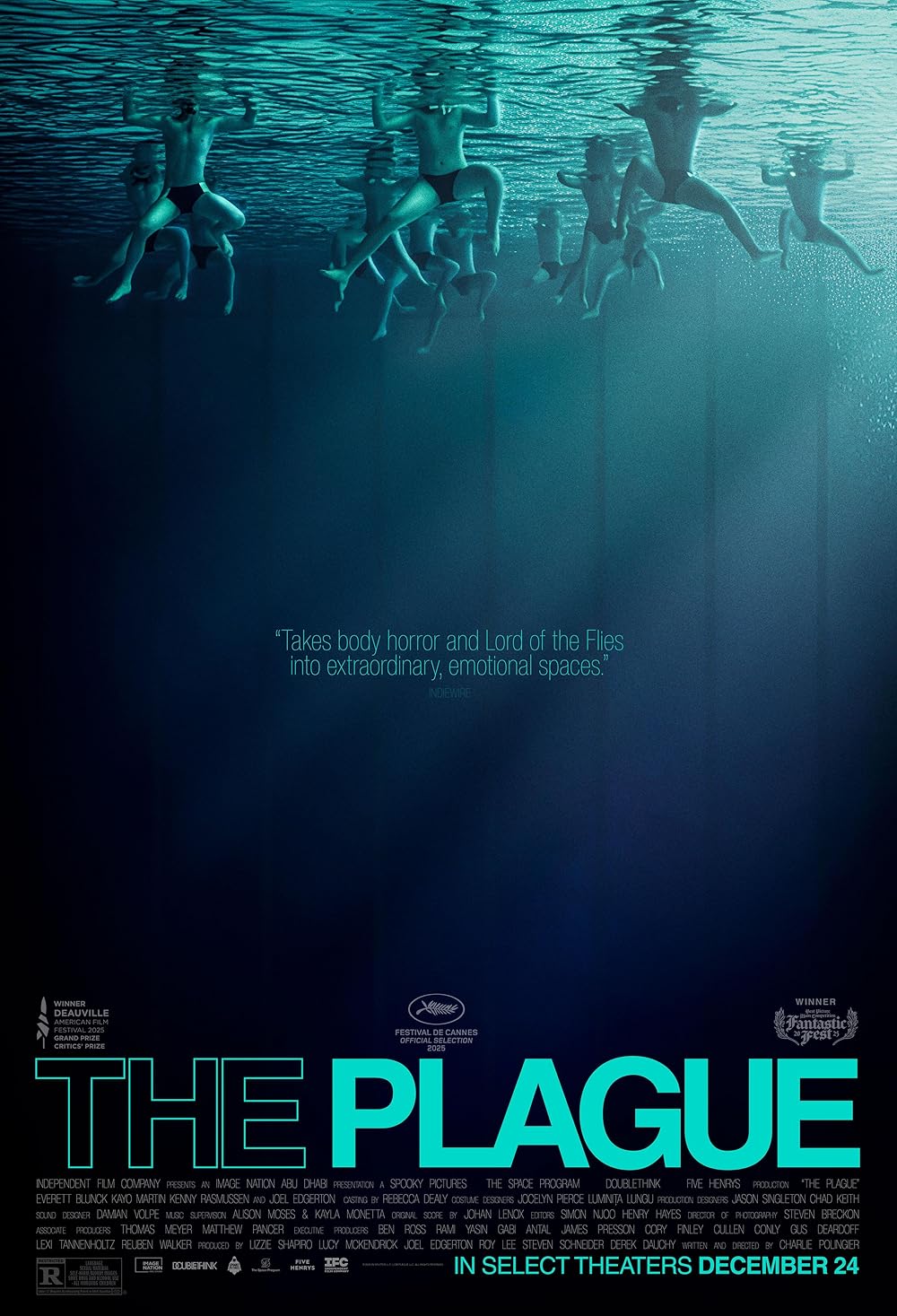
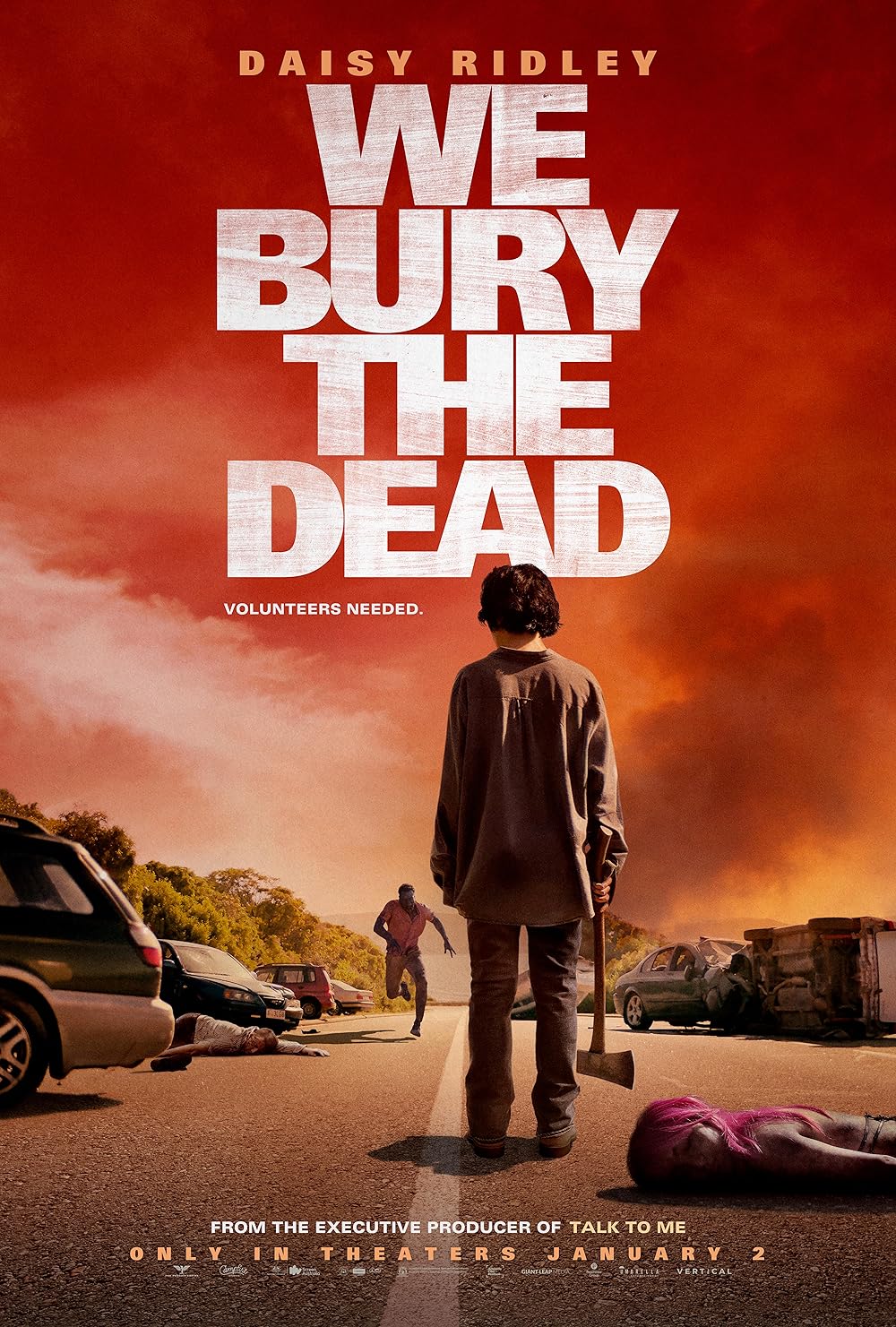 |
December 26, 2025

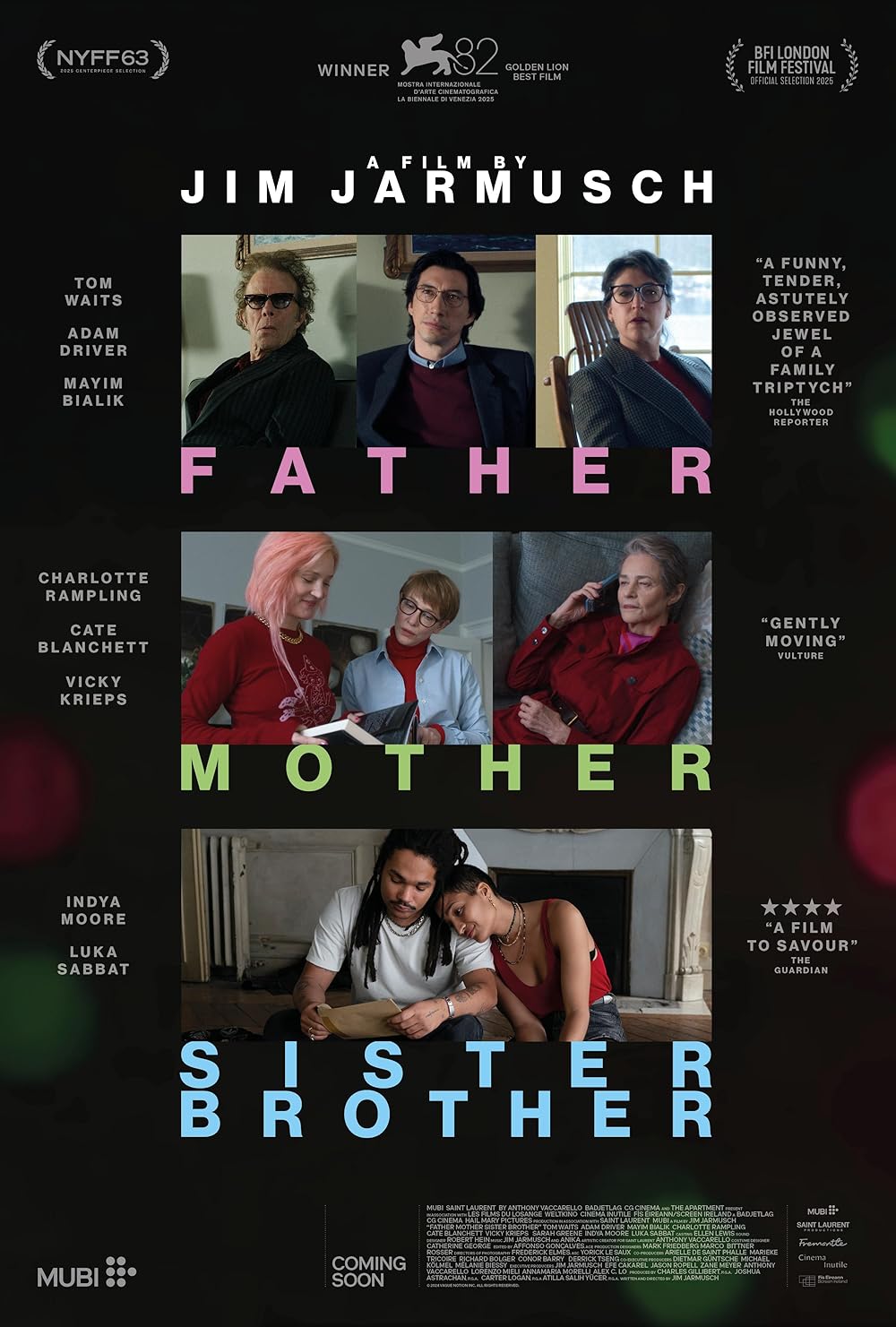
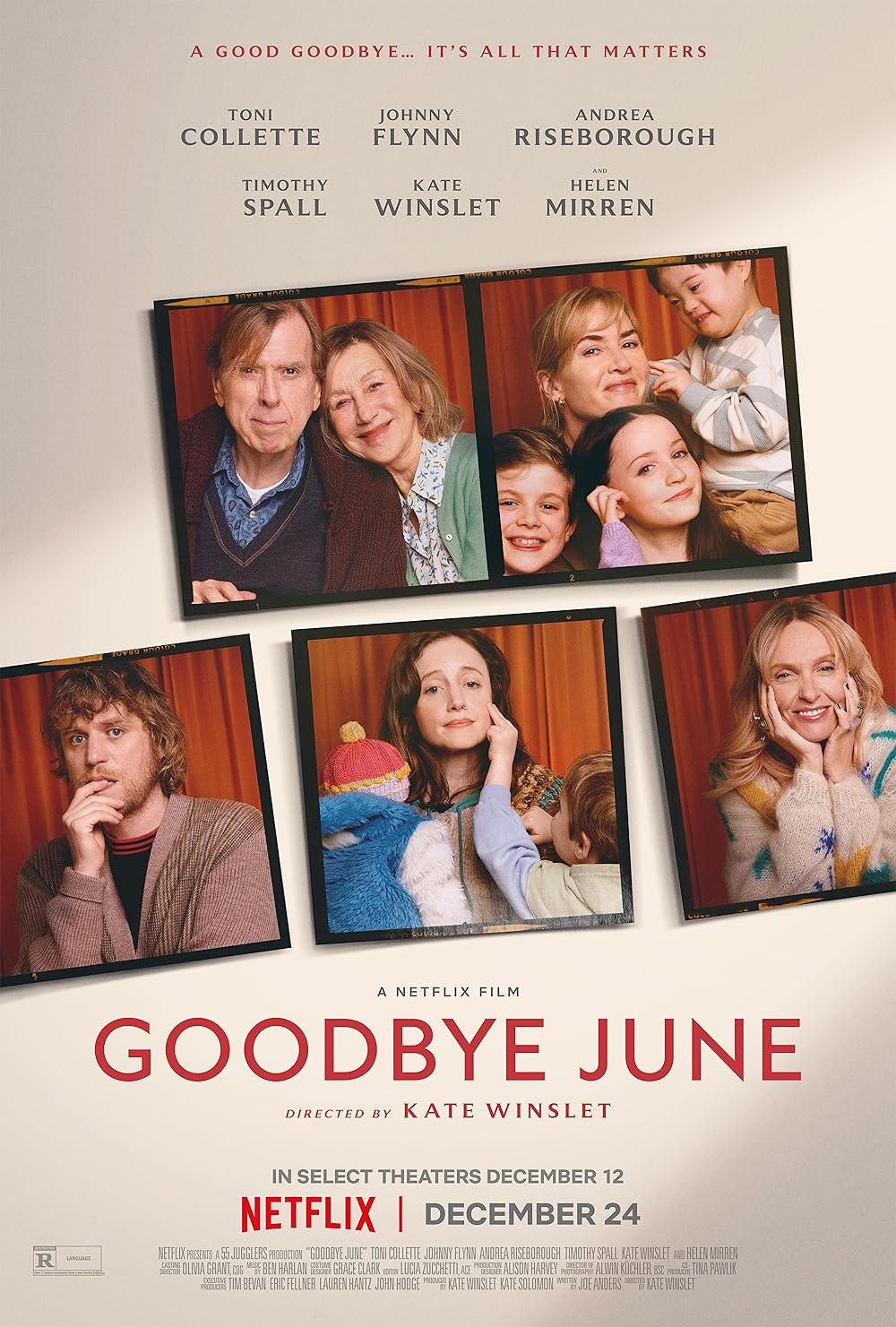
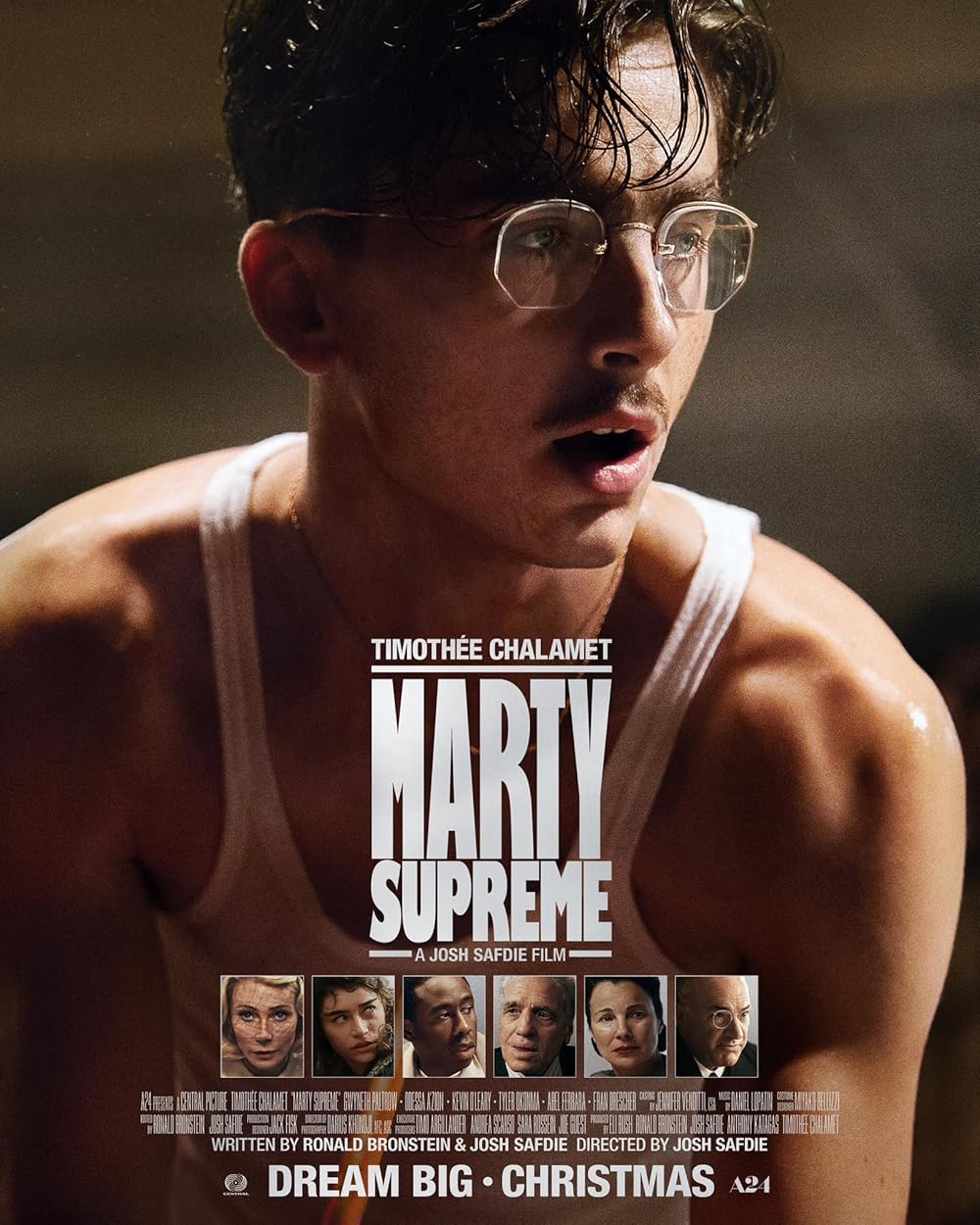
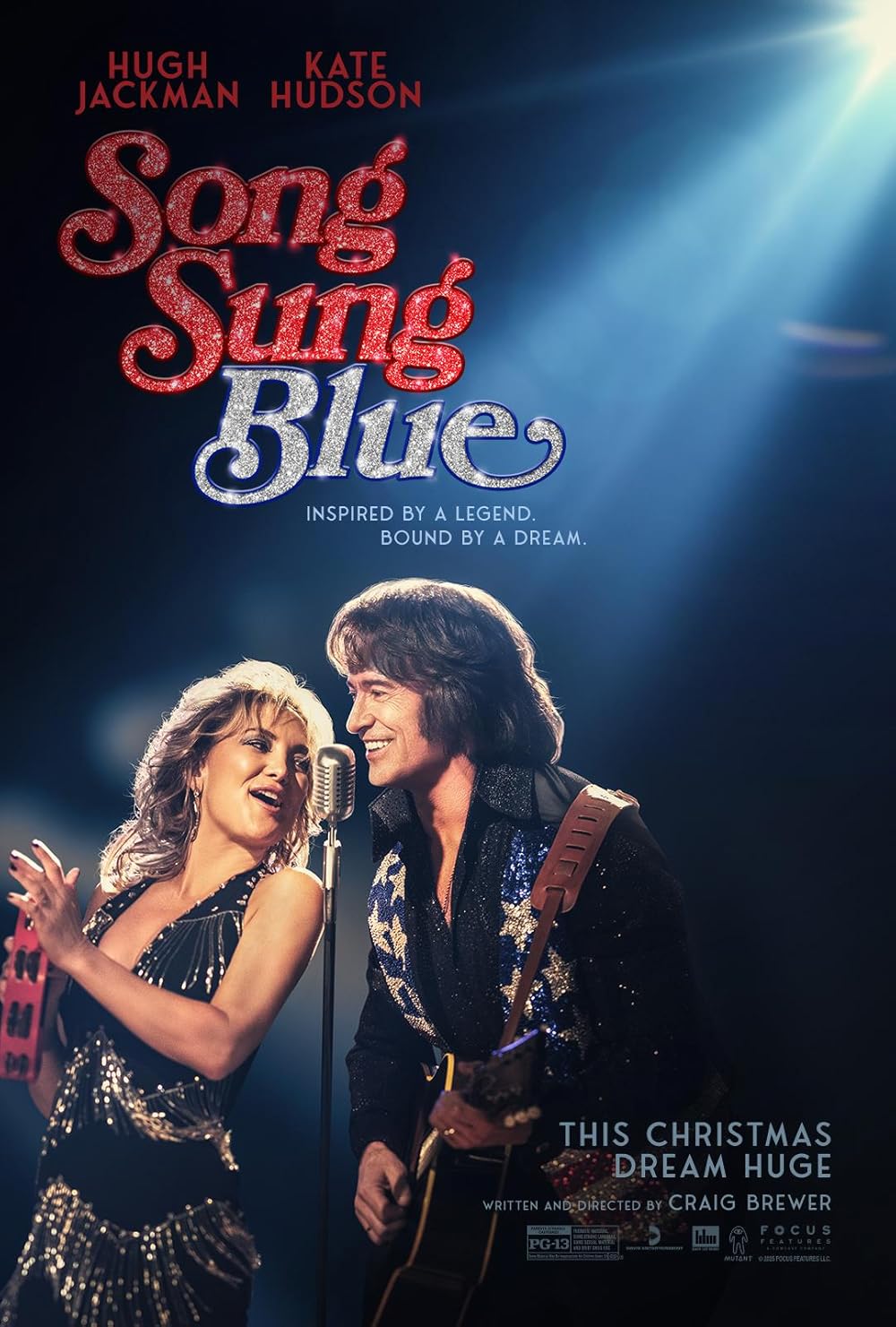
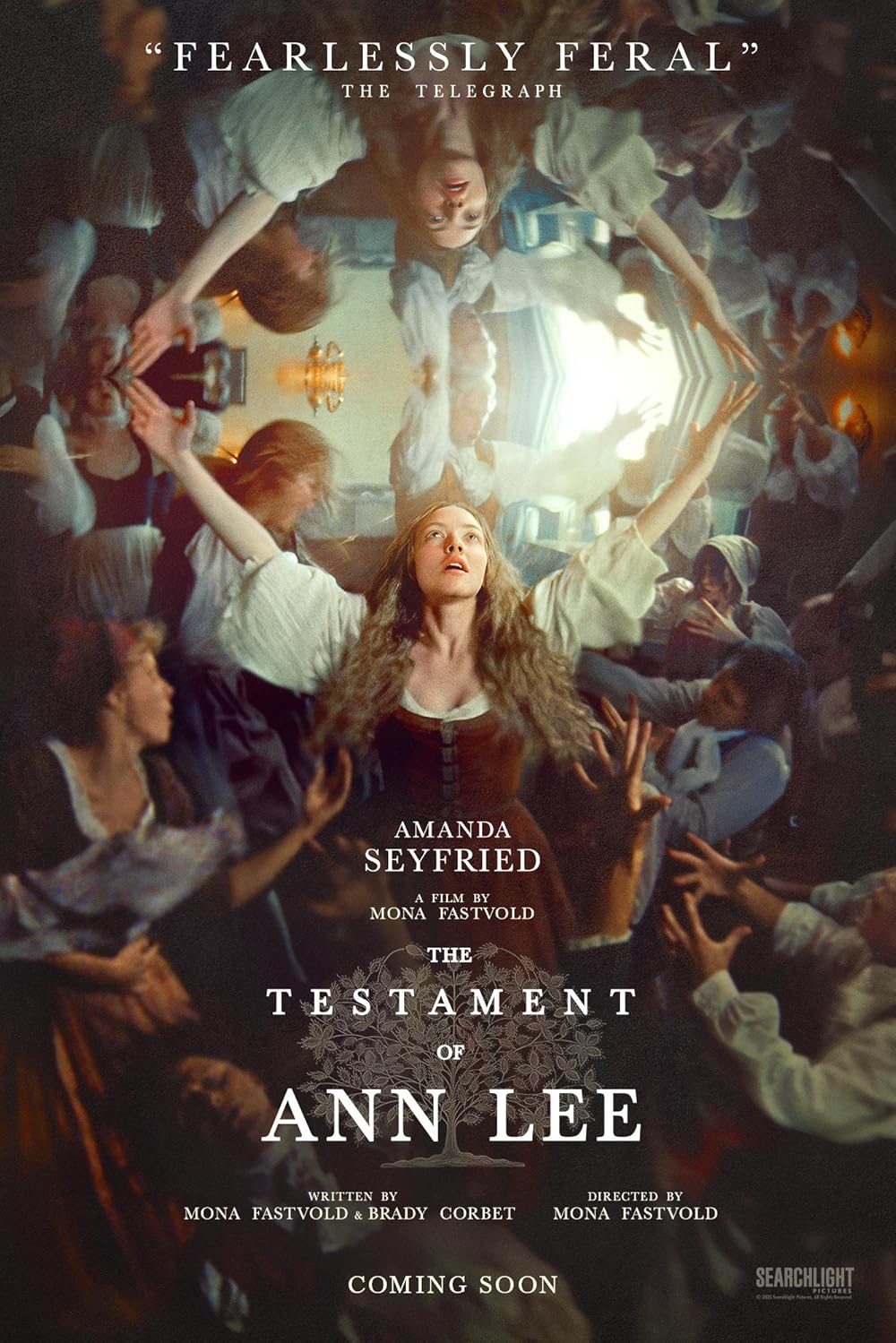 |
December 19, 2025
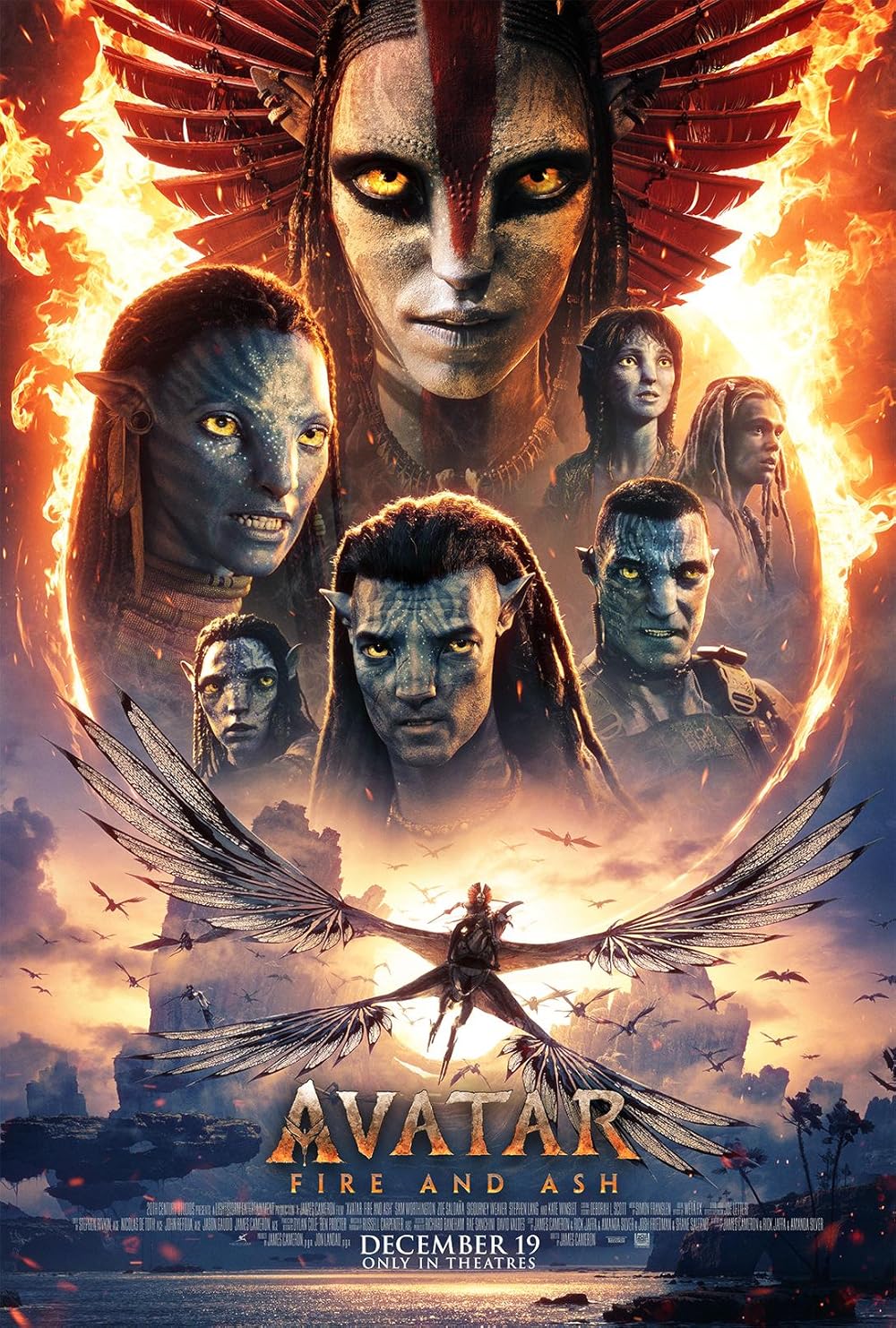
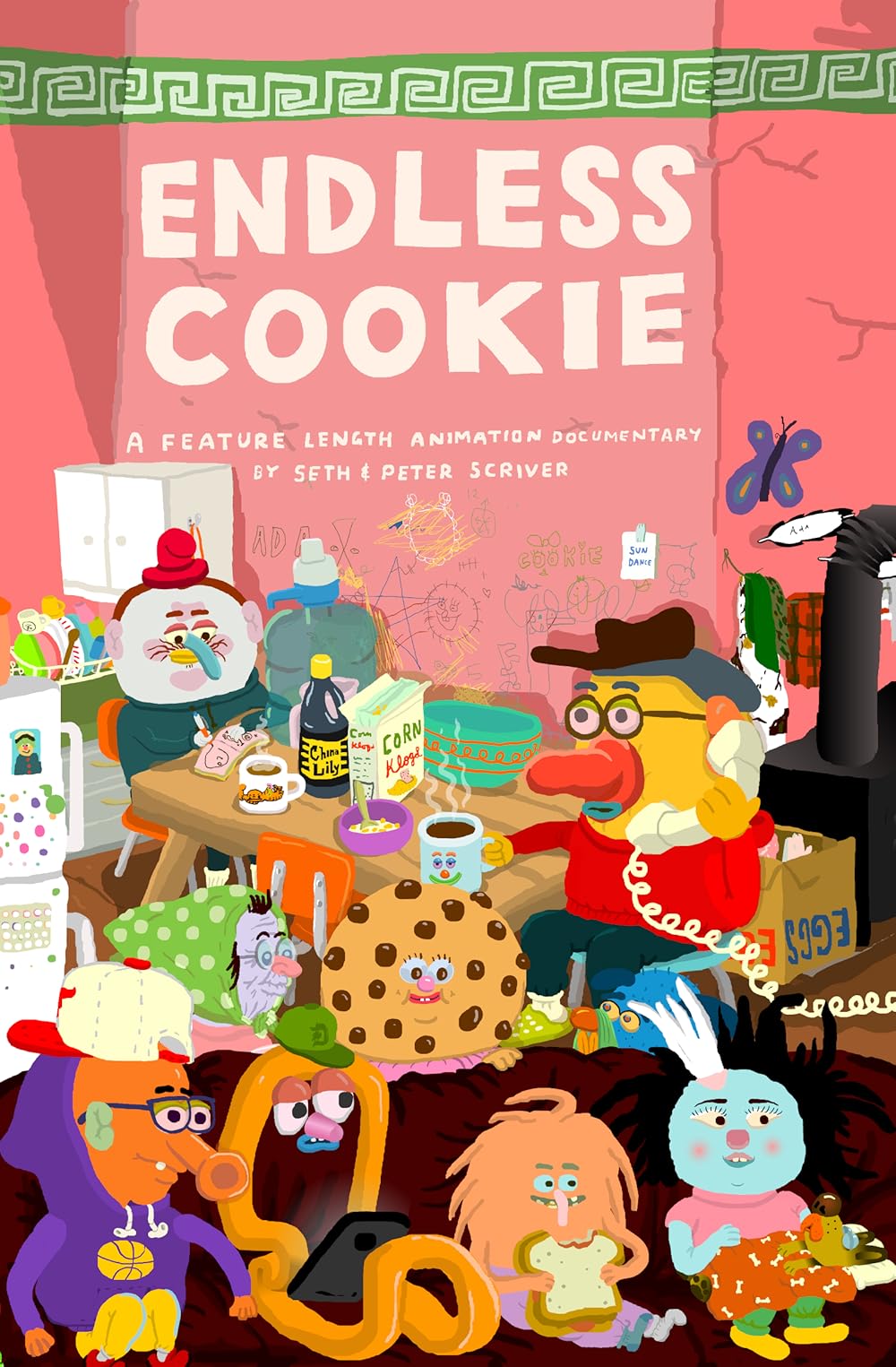
 |
December 12, 2025
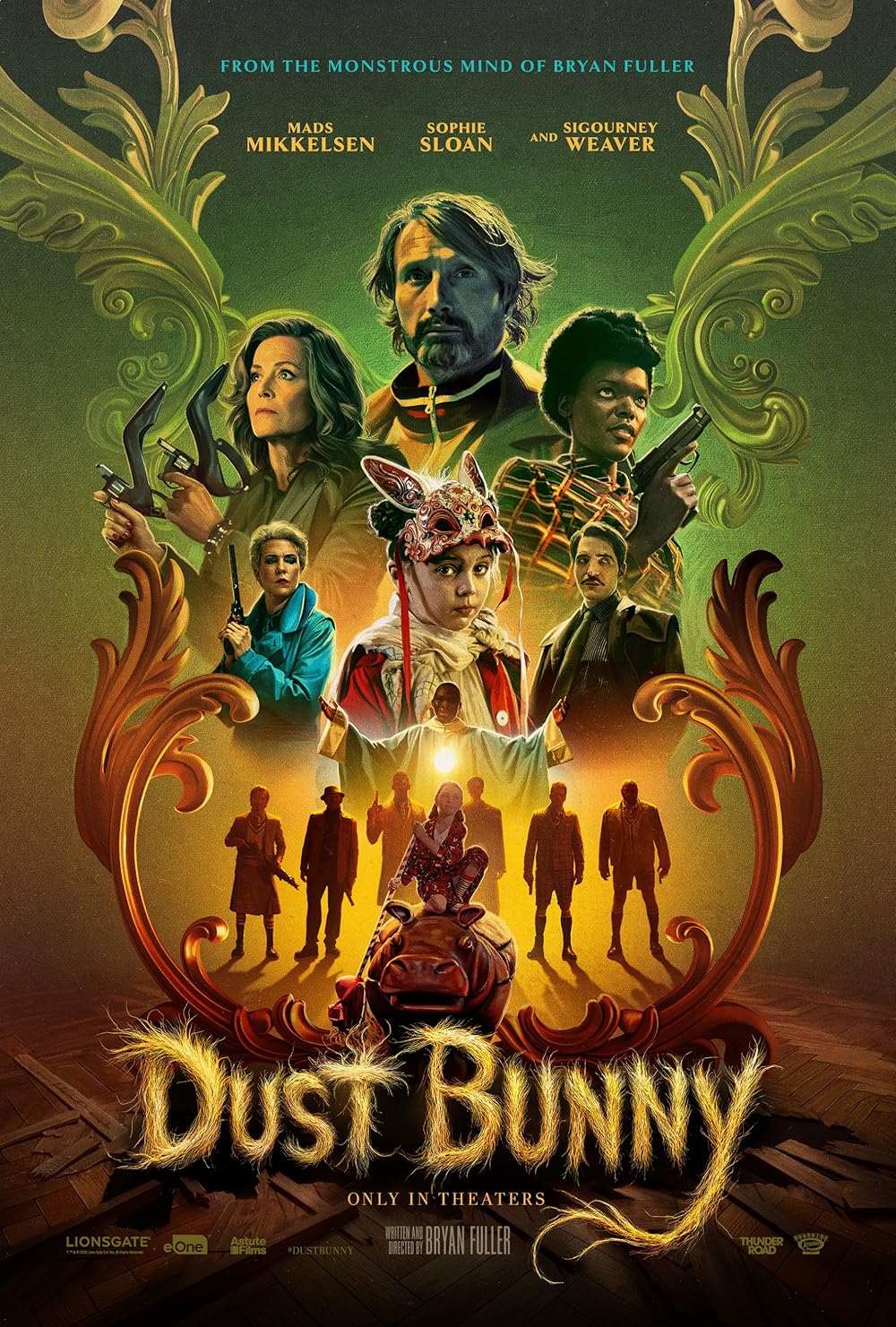
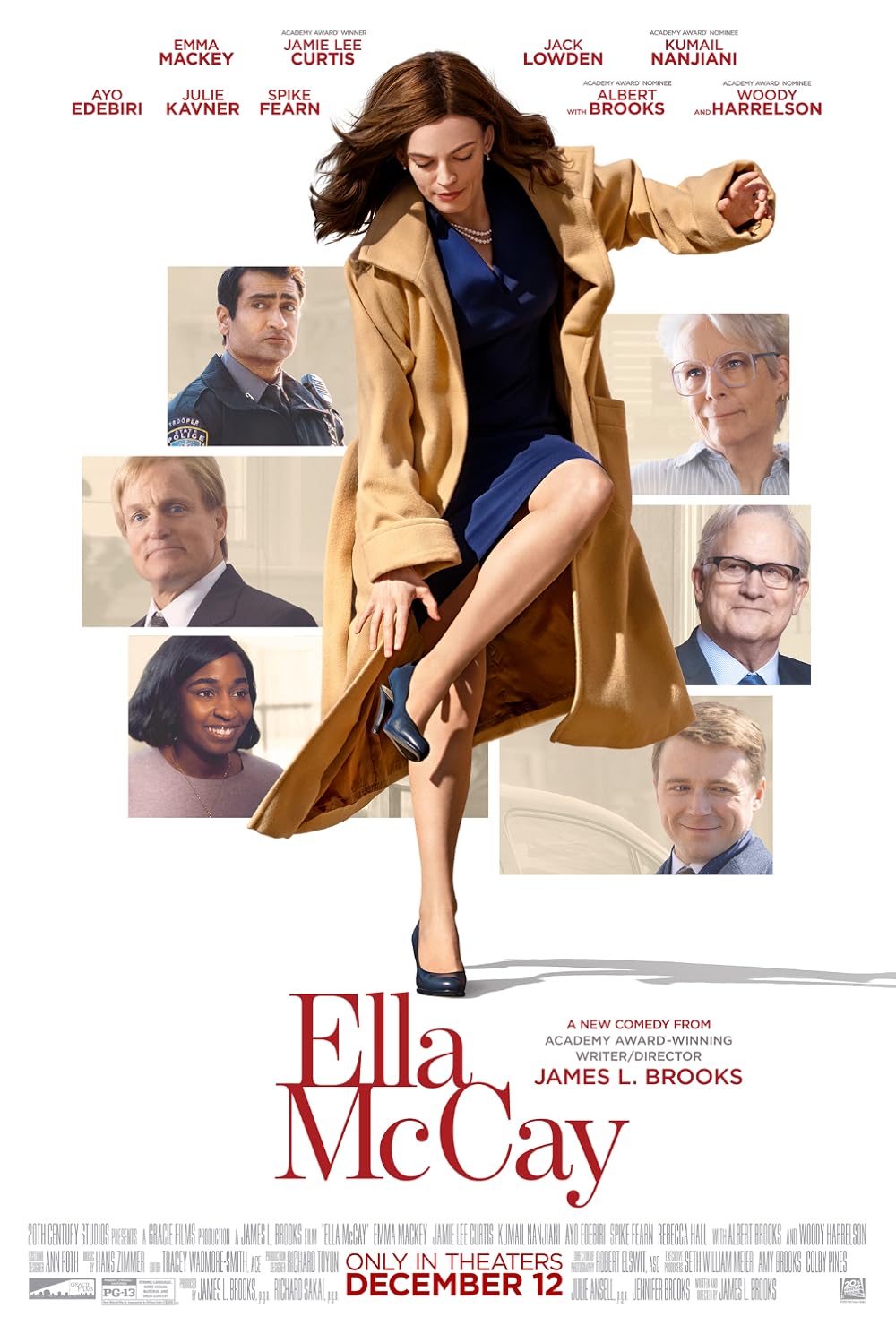
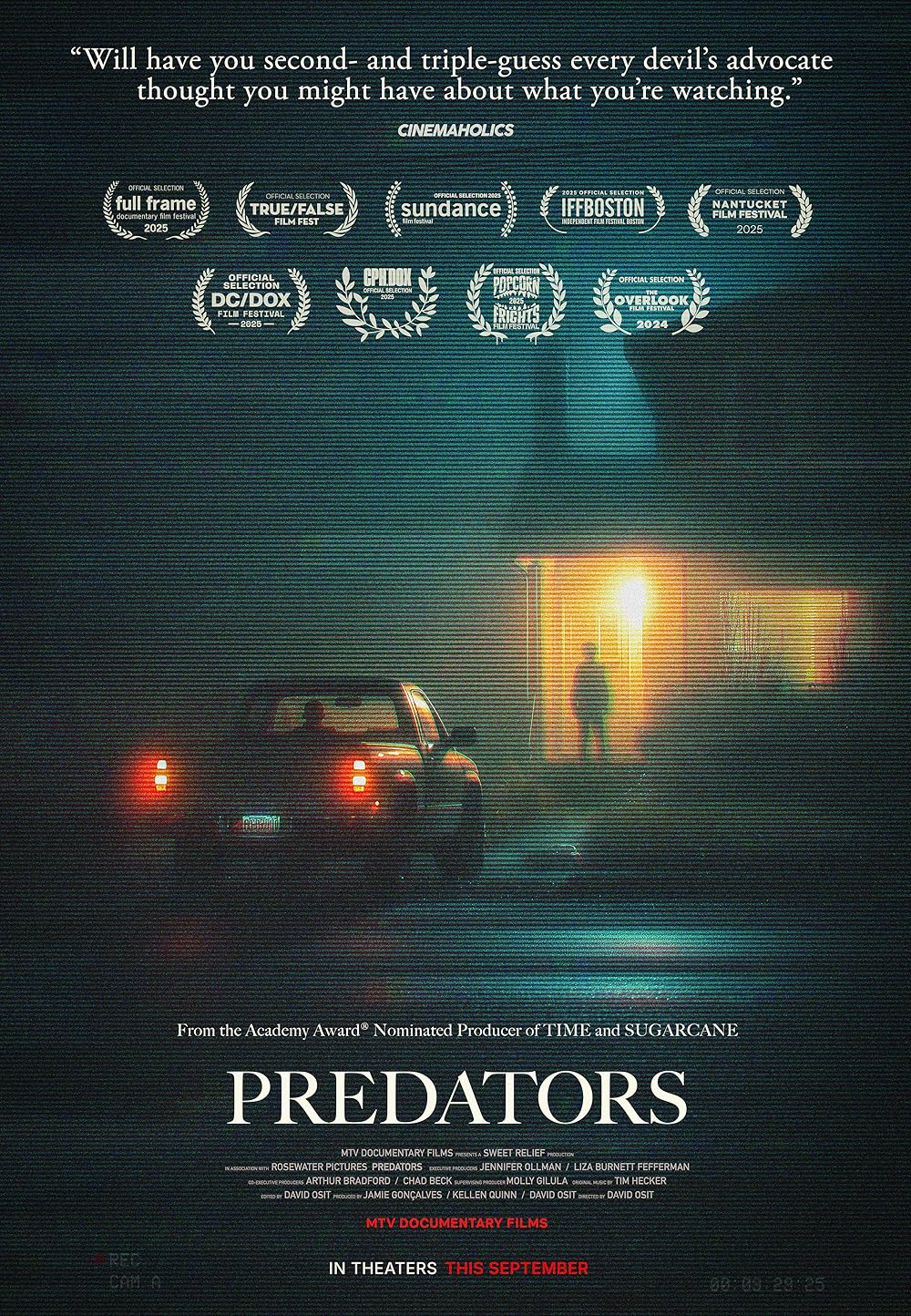
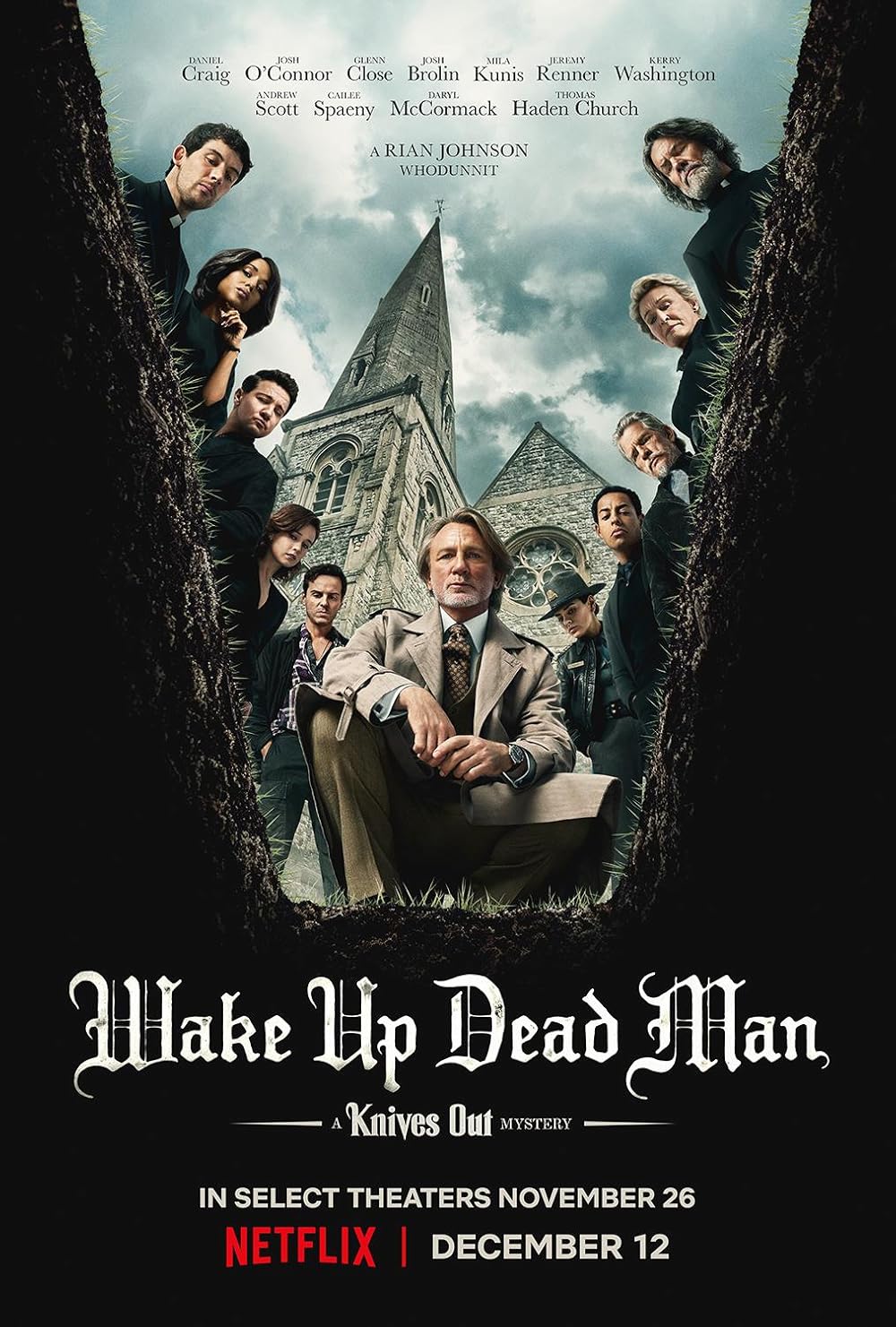 |
December 5, 2025
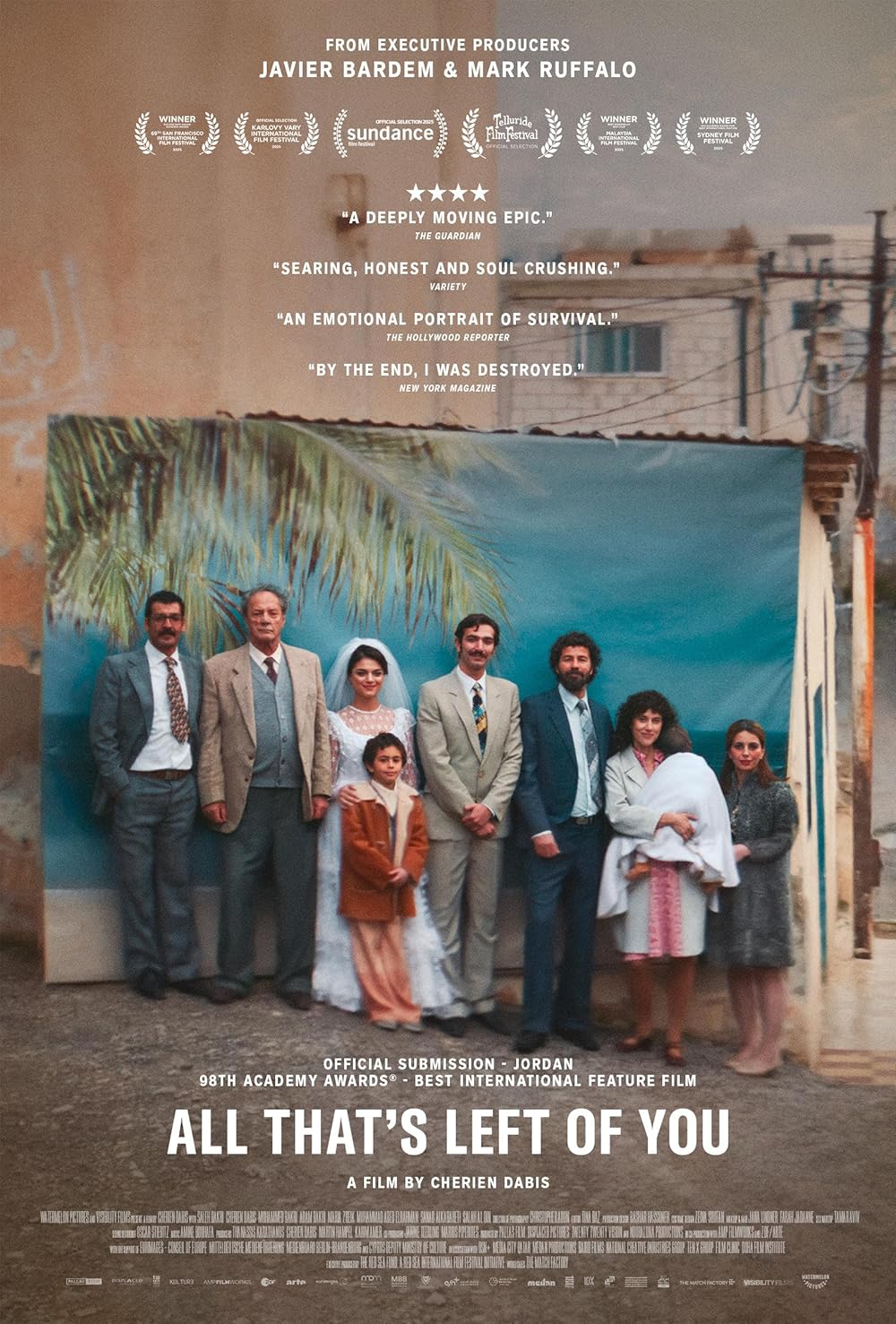

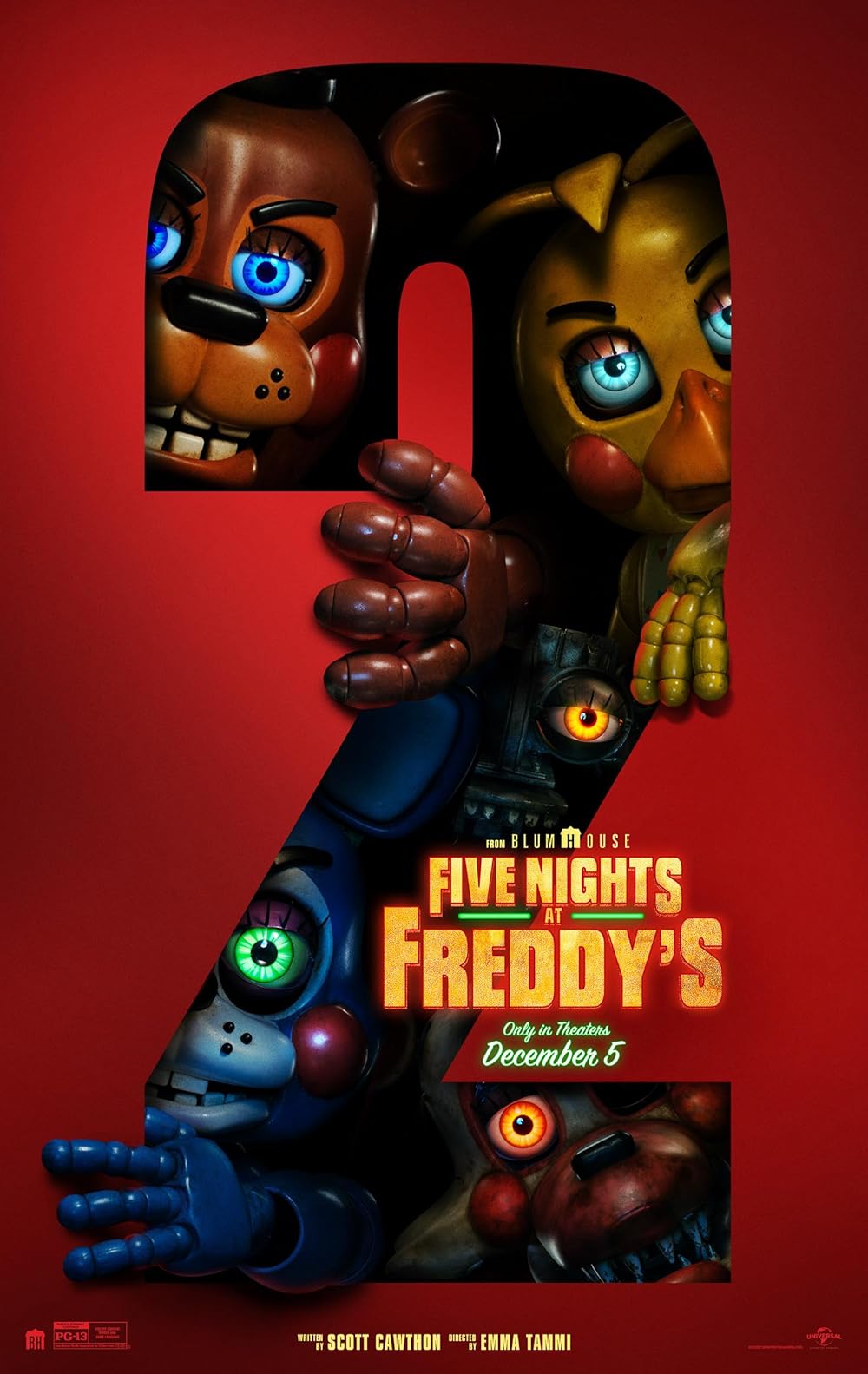
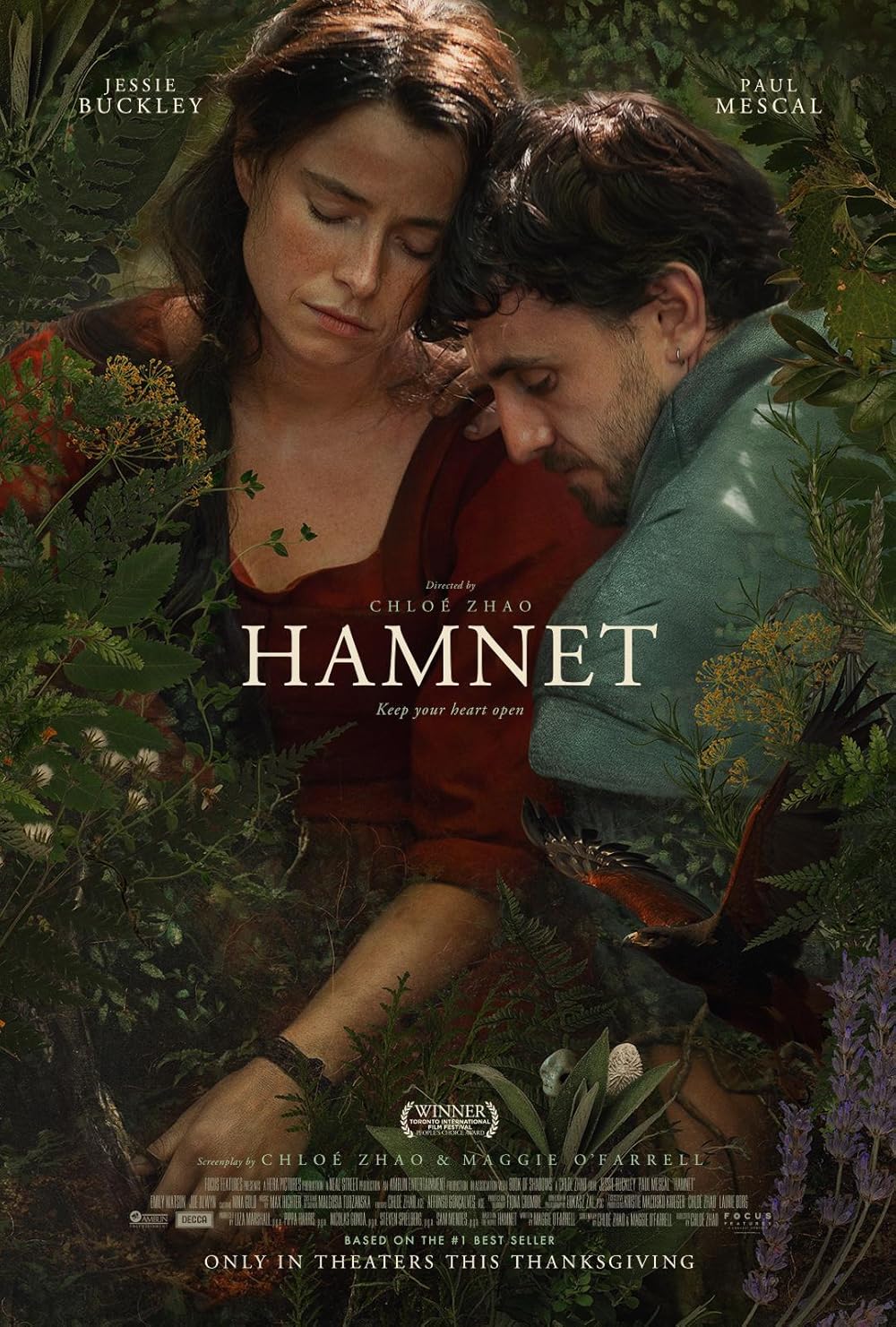
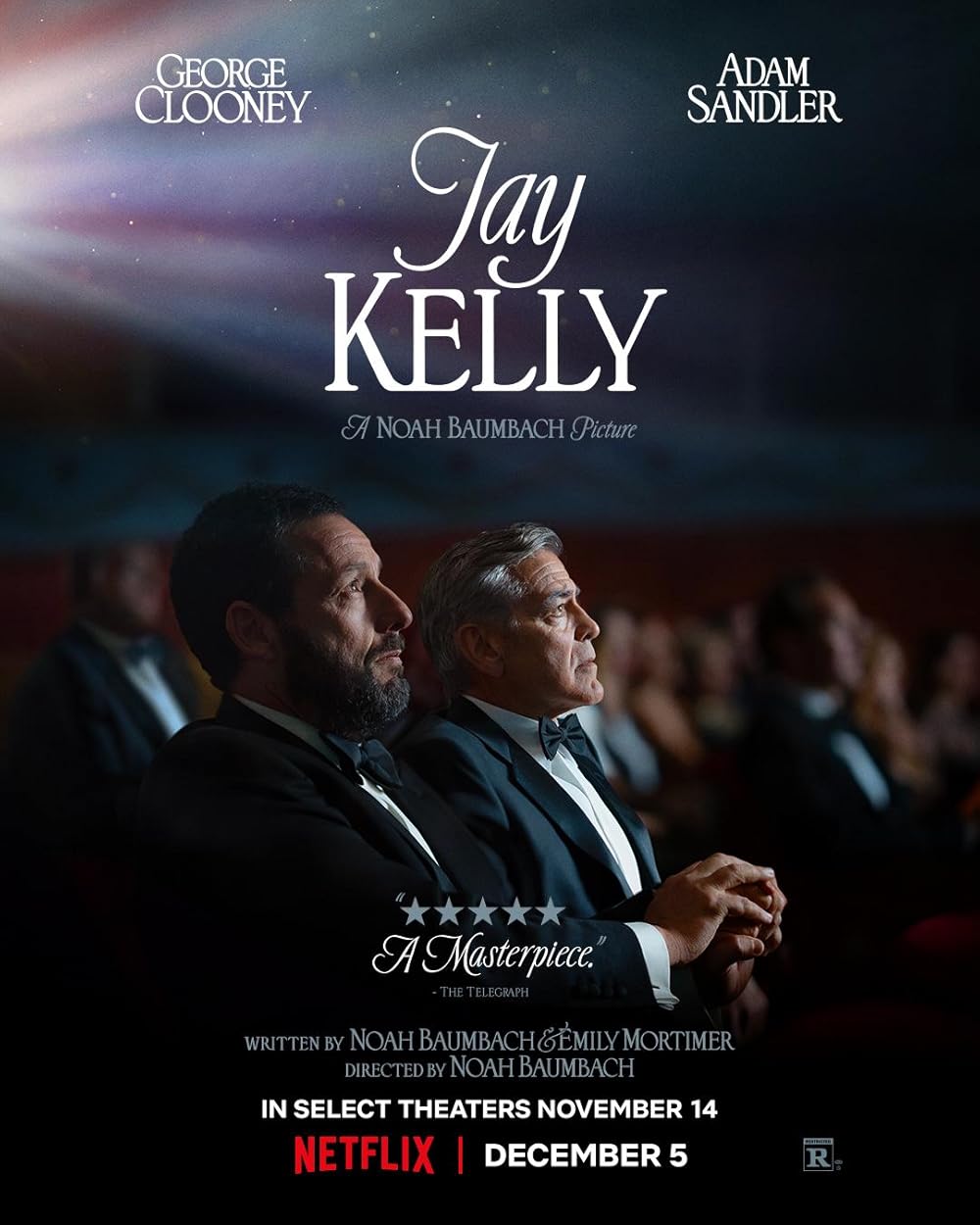
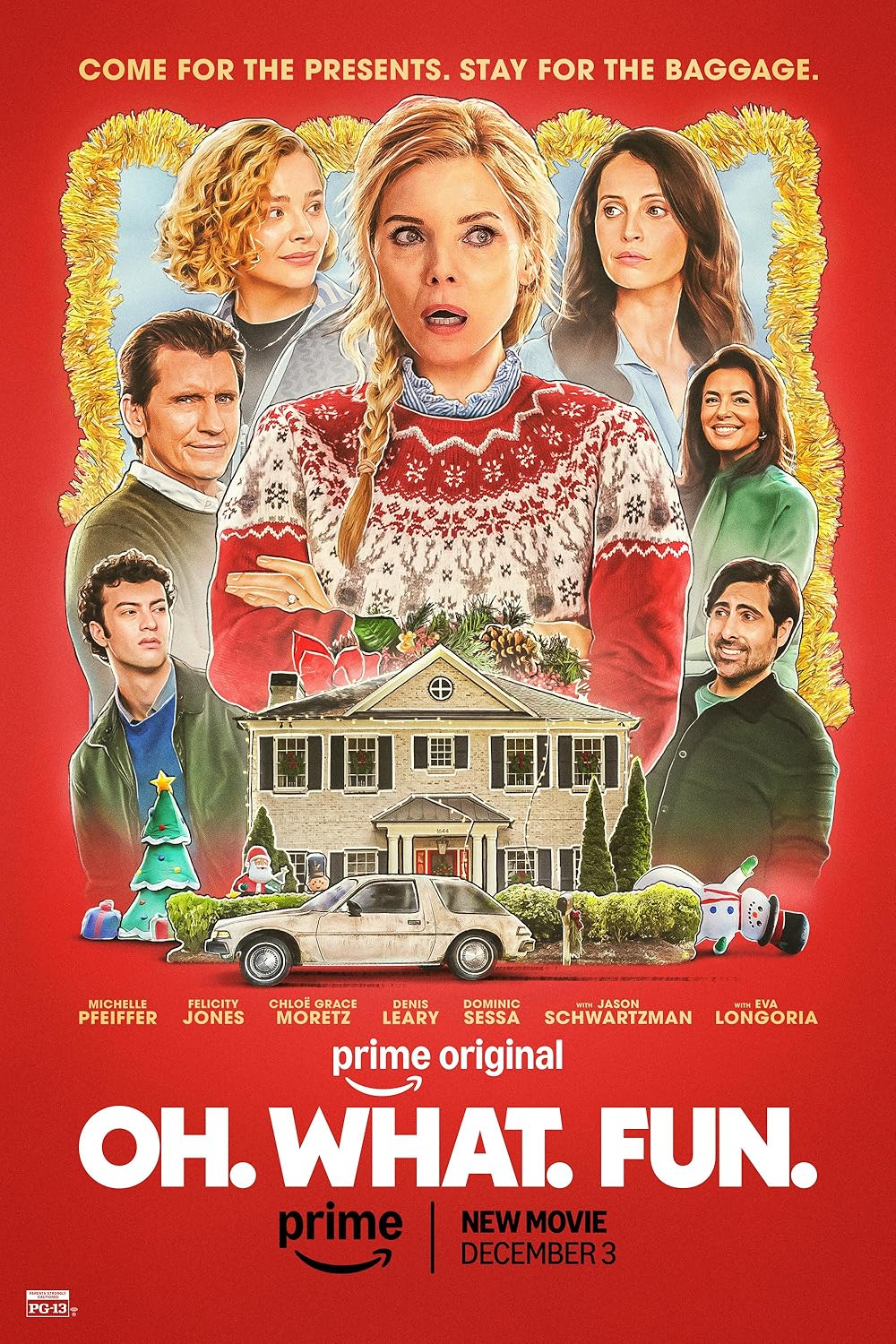
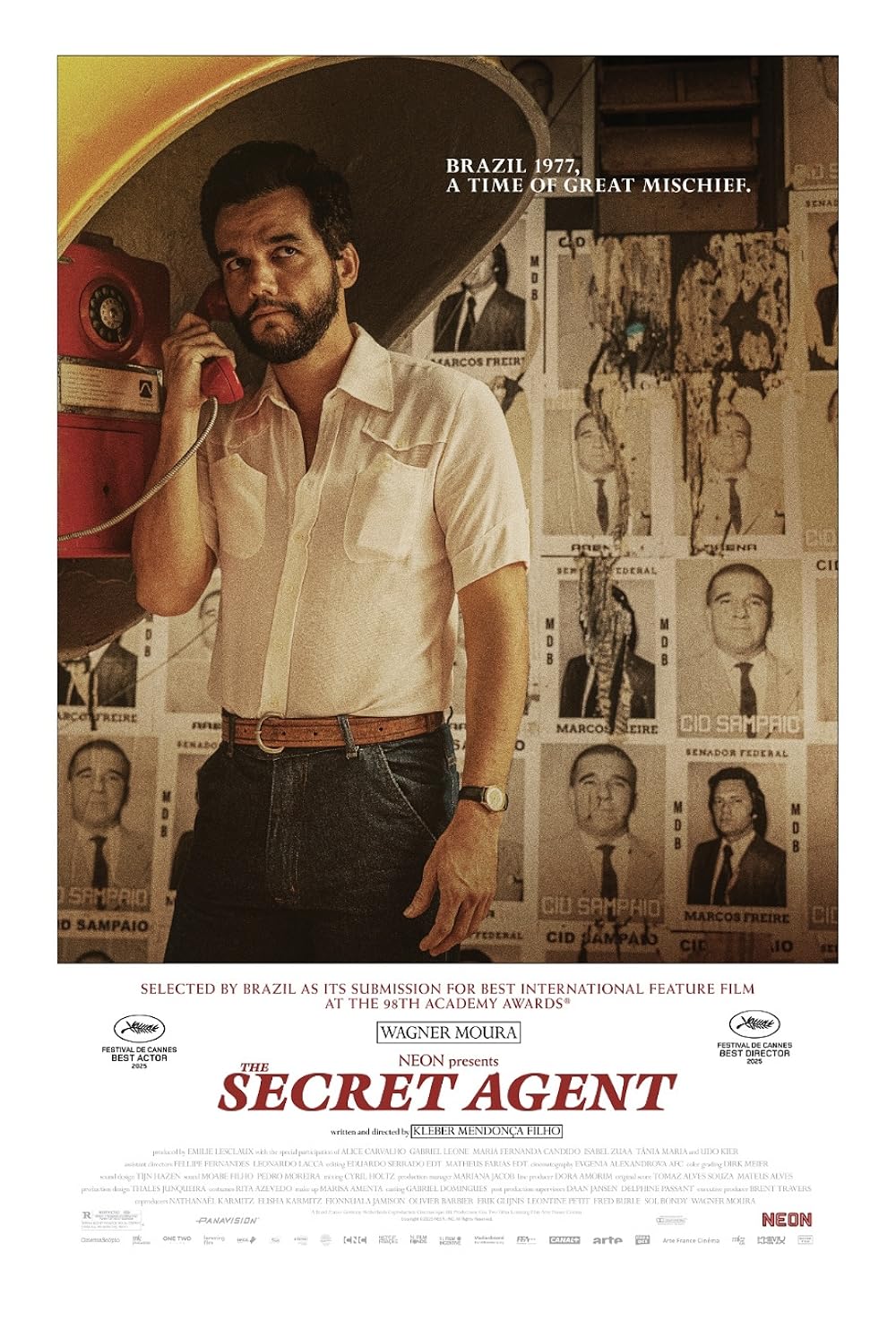 |
|
|
|
Top 10 Scores of the 00’s
Article by
Terry Plucknett
Posted - 10/10/09
Go to Top 10 Scores
As much of a music person I am, it takes a lot for
me to leave a movie and say, “Wow, that was an amazing score.”
It has happened maybe two dozen times over the last 10 years,
only about a dozen of those scores can I still remember a week, a month,
or a year later.
This made
this list easy to make.
However, the score can make or break a film just as easily as an acting
performance, a screenplay, or a special effect.
These are simply the scores that have stood the test of time in
my mind as being able to stick with me through the years and remain
memorable.
10.
Flags of Our Fathers (Clint
Eastwood, 2006).
Throughout
this decade, Clint Eastwood definitely emerged as more than just Dirty
Harry or The Man With No Name.
He became one of the best working directors we have with us right
now.
From
Mystic River to
Million Dollar Baby to
Gran Torino, Eastwood has
proven tremendous range as a filmmaker.
One of the greatest aspects of his movies are the scores, which
he writes himself.
What is
so memorable about a Clint Eastwood score?
It’s the simplicity.
You do not need a full orchestration for a score to make an impact on a
movie.
Sometimes all you
need is the soft picking of a guitar or a piano playing very simple
chords.
Of all of
Eastwood’s scores from this decade,
Flags of Our Fathers might be
my favorite.
Although
Letters From Iwo Jima was the
better movie of Eastwood’s World War II saga,
Flags had the score that
stuck with me.
There was
something serenely peaceful about the final scene of the movie and
closing credits, and it is all thanks to the simple score heard in the
background.
9.
Catch Me If You Can (John
Williams, 2002).
This might
have been the most unique score of the decade, as well as showed the
range of one of the greatest composers of any kind of the last 50 years.
John Williams has created such unforgettable scores as
Jaws,
Star Wars, and
Indiana Jones.
However, this time he showed his ability to make a masterpiece
out of anything.
The fast
moving clicking of the score really draws you into the face-paced,
upbeat lifestyle of the main character.
Then when you see that it was a John Williams score, you both are not
surprised and impressed even more at the same time.
8.
Batman Begins (James Newton
Howard & Hans Zimmer, 2005).
In a decade defined by blockbuster comic book action films, there
is one franchise that was arguably the cream of the crop.
Christopher Nolan took the Batman franchise out of the grave Joel
Schumacher had buried it in and remade it as a very practical,
believable superhero story.
Adding to the darker setting of these films was the brilliant score
co-composed by two of the top movie composers out there right now.
This haunting score, also heard in
The Dark Knight, set the
stage for these landmark films that changed the way we look at
superheroes to be made.
7.
WALL-E (Thomas Newman, 2008).
Many will agree that
WALL-E is the best animated film of the decade.
Also, animated films (especially Disney films) are known for
their amazing music.
With
this said, it makes sense that
WALL-E would have the best score of all the animated films of the
decade and would find a place on this list.
This is actually one score that did not stand out to me right
away.
I was too engrossed
in the story to notice how much the score was contributing to the
atmosphere set.
When I went
back and viewed this film again, the score blew me away.
Like I said, it is easy to miss because of how subtle it is and
how amazing the story is.
However, it really is an amazing score from an amazing film.
6.
Cast Away (Alan Silvestri,
2000).
Since this film came
out at the beginning of the decade, it is easy to forget about this film
and its score.
It isn’t
easy to forget about because it isn’t any good, but because so many
things have stolen the brilliant score from this film so you forget that
this is where it originated.
The ultimate test of an amazing score is if other things borrow
it and use it for their projects as well.
An example of this would be the trailer for 2005’s
Cinderella Man.
Alan Silvestri, who also composed the score for
Forrest Gump among many more,
wrote a brilliant piece of music that will make your heart break just
listening to it.
Combine
that with the story of
Cast Away
and you have a perfect score to compliment a great film.
5.
A Beautiful Mind (James
Horner, 2001).
This is one
of my favorite films of all time, so it makes sense that the score would
end up on this list.
This
story of a mathematical genius who begins to lose his valuable asset is
accompanied by a score that somehow makes you feel like you are in his
fast-paced, beautiful mind.
James Horner (who also composed by favorite score of all time,
Apollo 13) finds a balance
between fast-paced, action-packed orchestration and a beautifully simple
theme.
Listening to the
music makes you want to think and solve complex world problems right
alongside John Nash.
It not
only complements the film, but pulls you in like few scores have the
ability to do.
4.
Requiem for a Dream (Clint
Mansell, 2000).
Like
Cast Away, this is another
score you forget came from this film because you have heard it as a part
of so many other projects.
This might be the most dramatic, suspense-filled score on this list.
This intense, heavy film is brilliantly augmented and enhanced by
one of those intense scores that you don’t want to hear the end of
simply because you are afraid of the horror that follow its conclusion.
This film could have easily been given a very melodramatic,
sentimental score that would have worked but lessened the effect of the
film.
This dramatic score
intensifies every negative emotion that brought about by the brilliant
story and screenplay.
3.
Atonement (Dario Marianelli,
2007).
This score is just
plain fun to look at as a musician.
Never have I heard a score use the noises of the setting so
effectively in enhancing the music.
At the beginning of the film, as the children are running about
the house, the sound of a typewriter is not only heard, but keeps the
time and tempo of the fast-paced music.
When the music needs to get more intense, it is prompted by the
intensity of the click-click-click of the typewriter.
When the typewriter abruptly stops typing, the music stops as
abruptly.
Not only is it
fun musically, but it also points to the point of the story in how
everything that happens is seen through the eyes of future-author Briony
and recorded in her stories.
This score almost impressed me more than the film did, and the
film was very good.
2.
Brokeback Mountain (Gustavo
Santaolalla, 2005).
After
first viewing this film, not only was I completely blown away by the
story told, but I also found myself humming the theme of a score that
still stays with me today almost stronger than the incredible story
itself.
This simple piece
of music gives me chills just thinking about it and captures the
peacefulness and serenity that defined what Brokeback Mountain meant to
Ennis and Jack.
This score
being played over shots of beautiful landscape makes Ang Lee’s film one
of the most beautifully set films of the decade.
I can’t help but hum that simple theme to myself while I write
this.
1.
Pan’s Labyrinth (Javier
Navarrete, 2006).
I was not
the biggest fan of this film when I saw it.
It was good, but not monumental like some would say.
With that said, I have never been absolutely haunted by a score
quite like the simple lullaby at the heart of the music of
Pan’s Labyrinth.
Once again, the beauty is in the simplicity.
A sweet lullaby is introduced to the film as it is sung to the
main character.
This simple
line becomes the theme to an extravagant orchestration that continues to
build throughout the film.
You can almost hear the development and creation of the score throughout
the film.
It starts with a
single voice singing the melody, which is followed by strings repeating
the line.
From there, more
layers are added each time the theme returns until the final dramatic
sequence when this simple lullaby becomes the mass orchestration needed
to accompany the climax of the film.
Just a beautiful piece of music used perfectly throughout the
film.
For me, this makes
the greatest and most memorable score of this decade.
|
|
New
Reviews |
Reactions to the Nominations
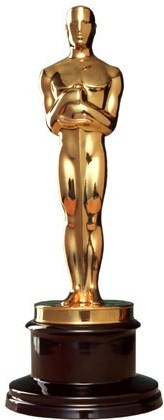
Written Article - Todd |
2026 Oscar Predictions: Final

Written Article - Todd |
Todd Most Anticipated #5

Podcast Featured Review |

Podcast Review - Todd |

Podcast Review - Terry |

Podcast Review - Zach |
10th Anniversary
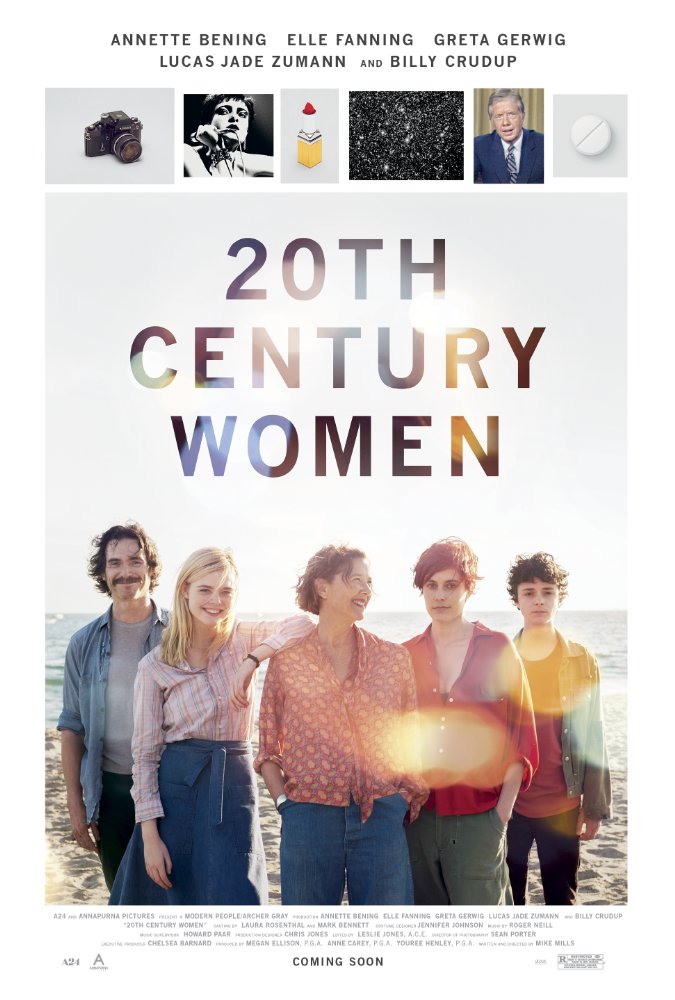
Podcast Oscar Review - Terry |
Director Blindspot Watch
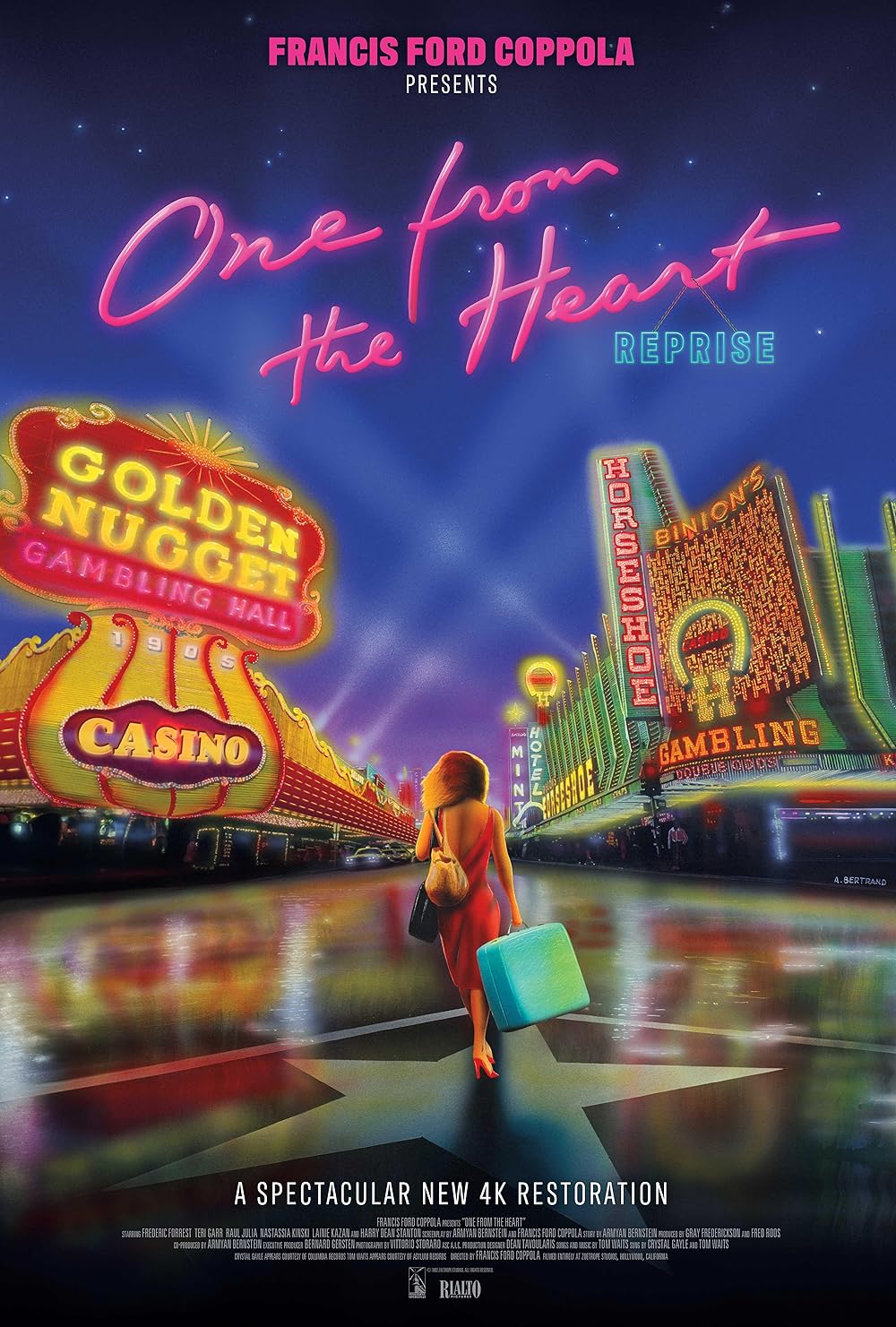
Podcast Review - Todd |
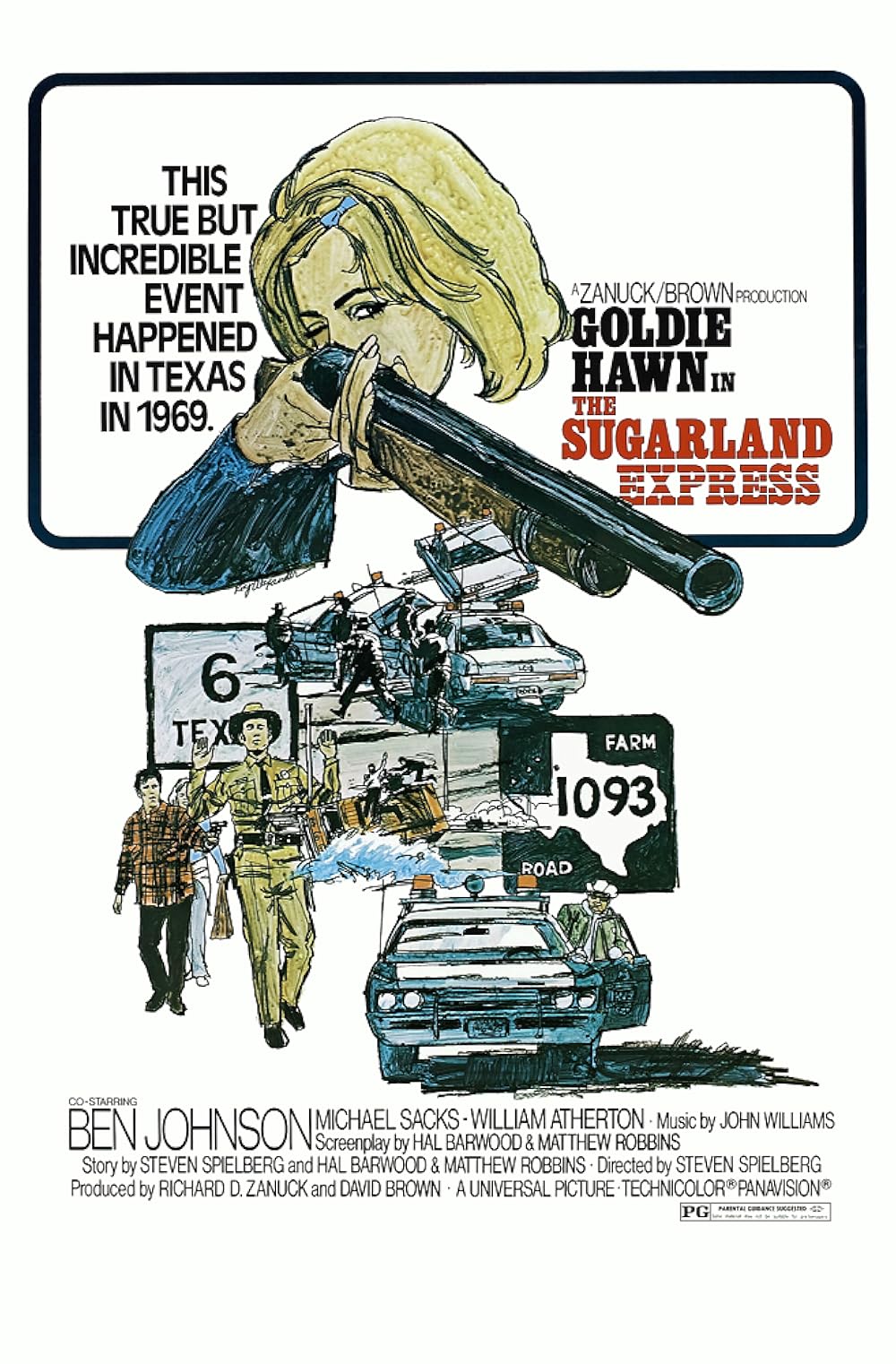
Podcast Review - Zach |
Ford Explorer Watch
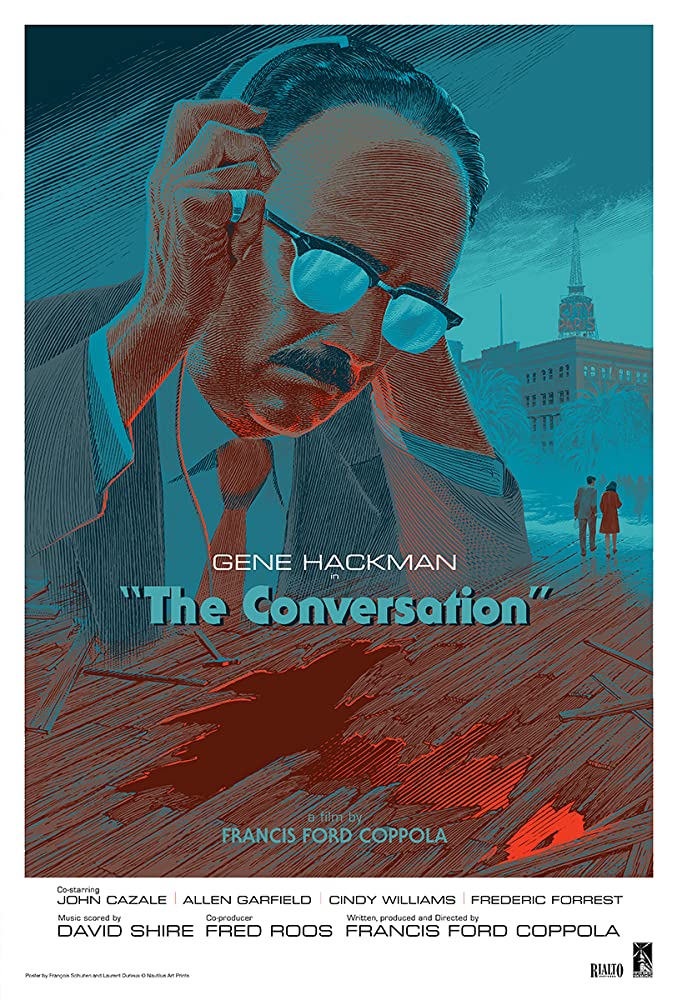
Podcast Review - Adam |
2027 Oscar Predictions: Jan.

Written Article - Todd |
Terry Most Anticipated #2

Podcast Featured Review |

Podcast Review - Terry |

Podcast Review - Zach |
20th Anniversary
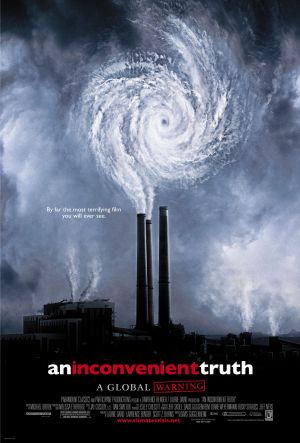
Podcast Oscar Review - Terry |
Ford Explorer Watch
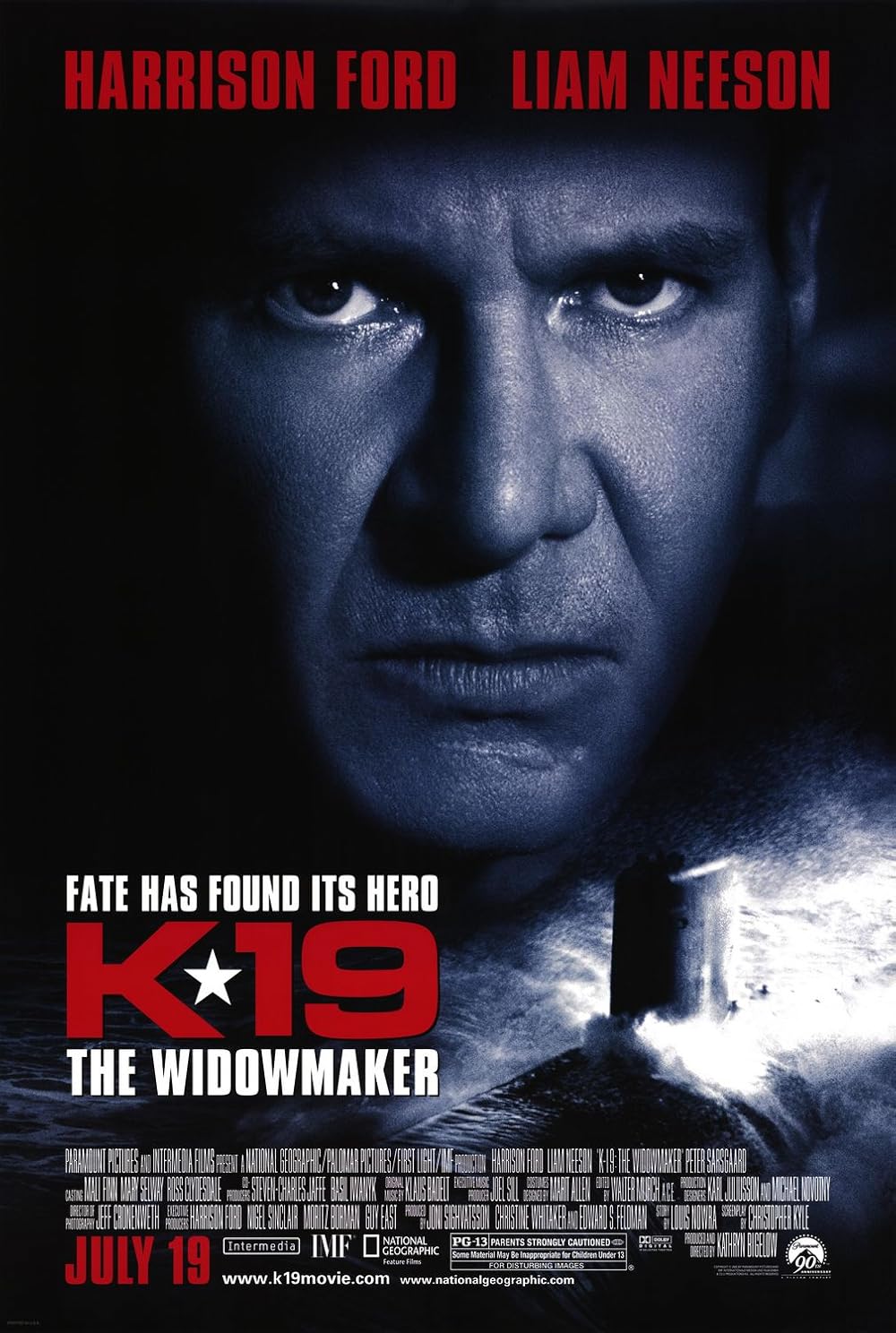
Podcast Review - Adam |
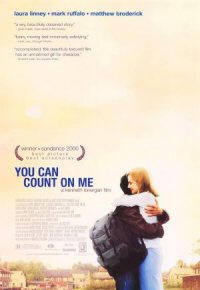
Podcast Trivia Review - Adam |
Director Blindspot Watch
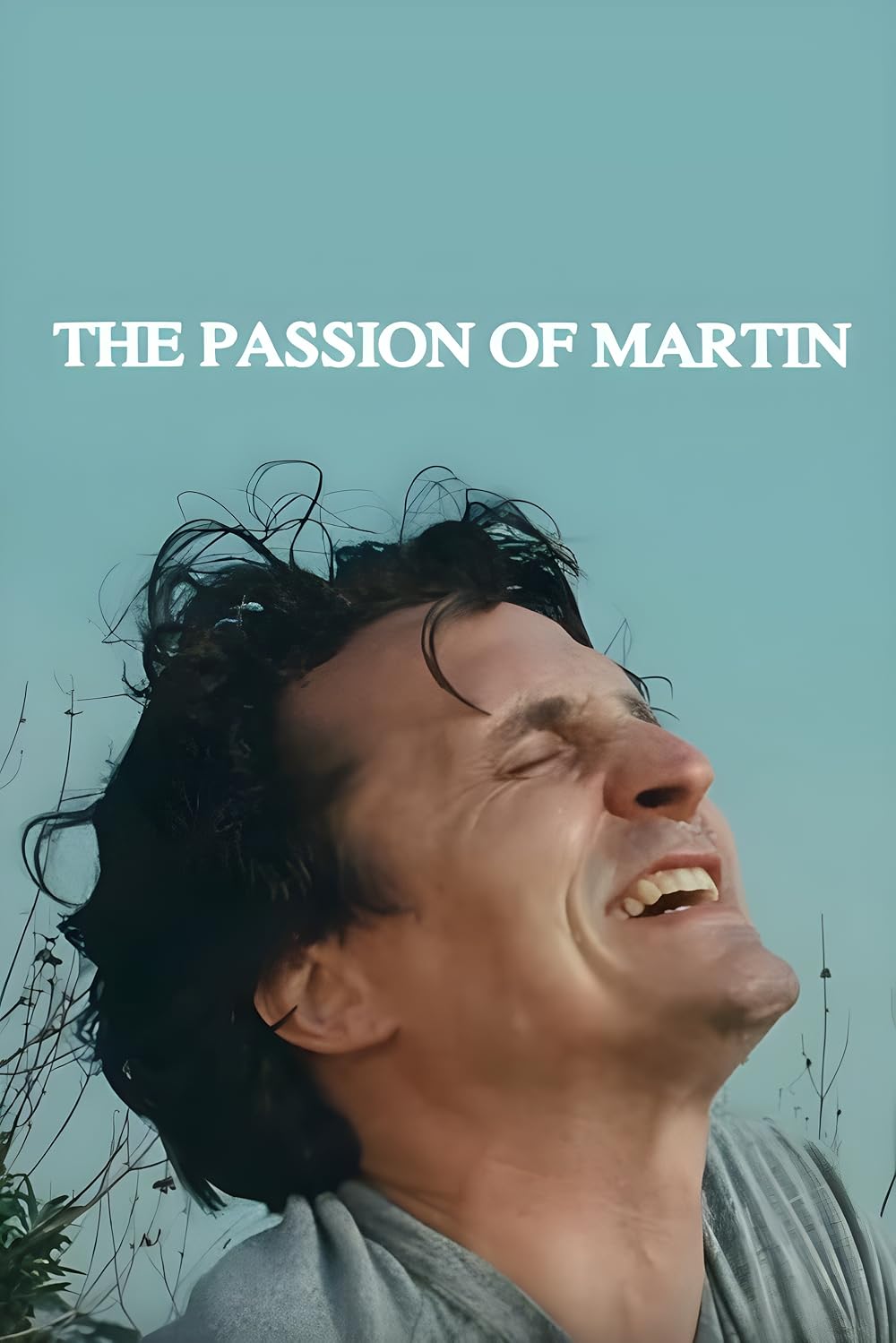
Podcast Review - Todd |
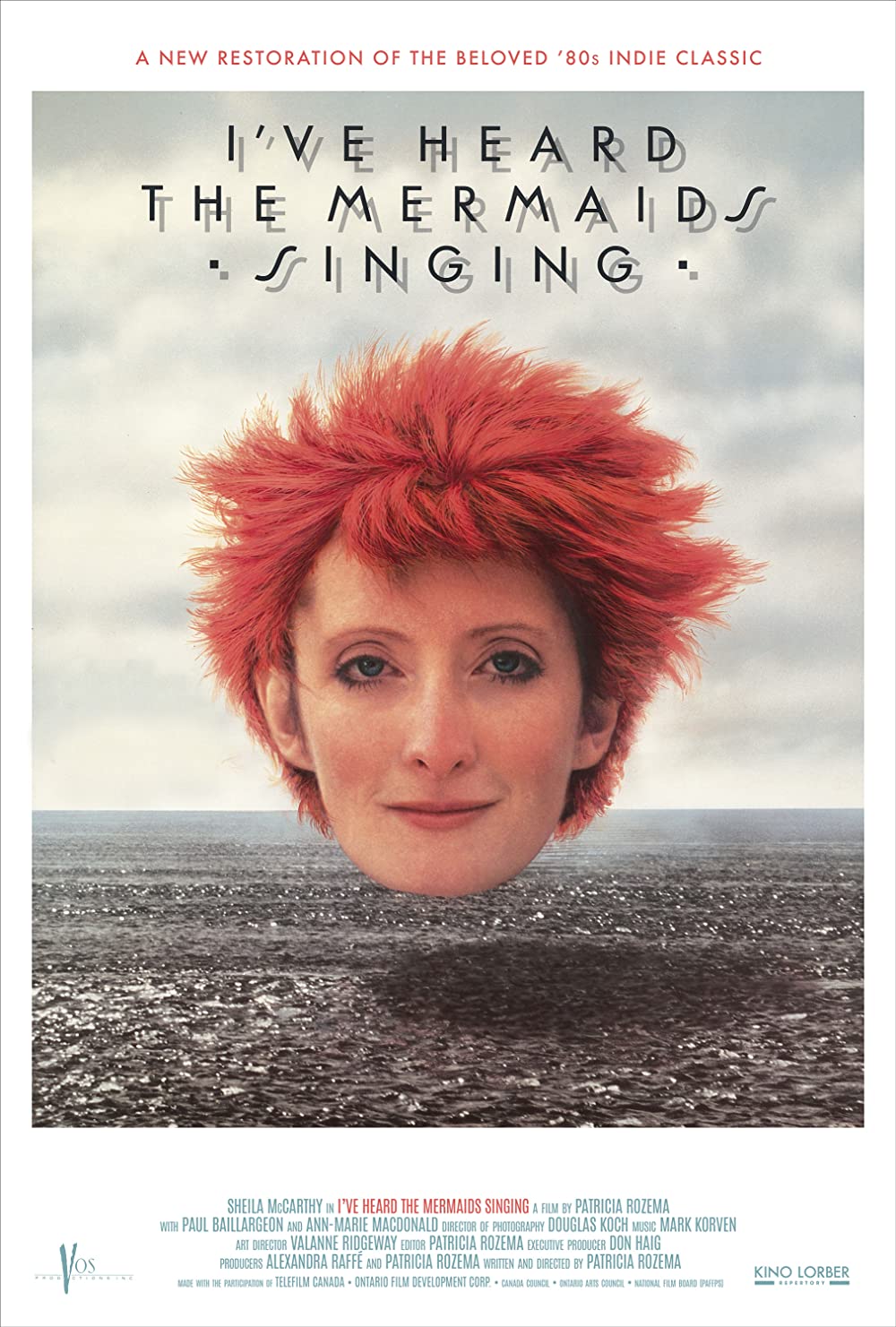
Podcast Trivia Review - Todd |
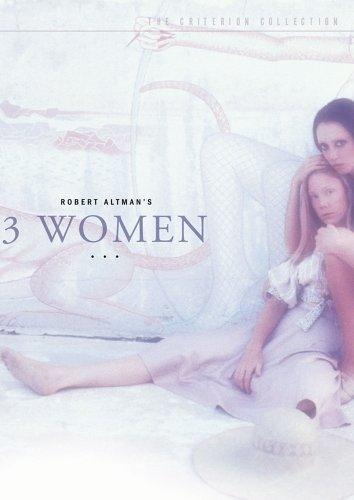
Podcast Trivia Review - Terry |
25th Anniversary
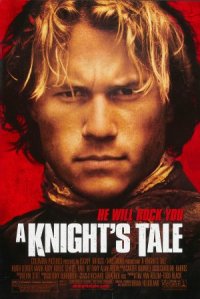
PODCAST DEEP DIVE |

Podcast Featured Review |

Podcast Review - Adam |

Podcast Review - Terry |

Podcast Review - Terry |
Indie Screener Watch
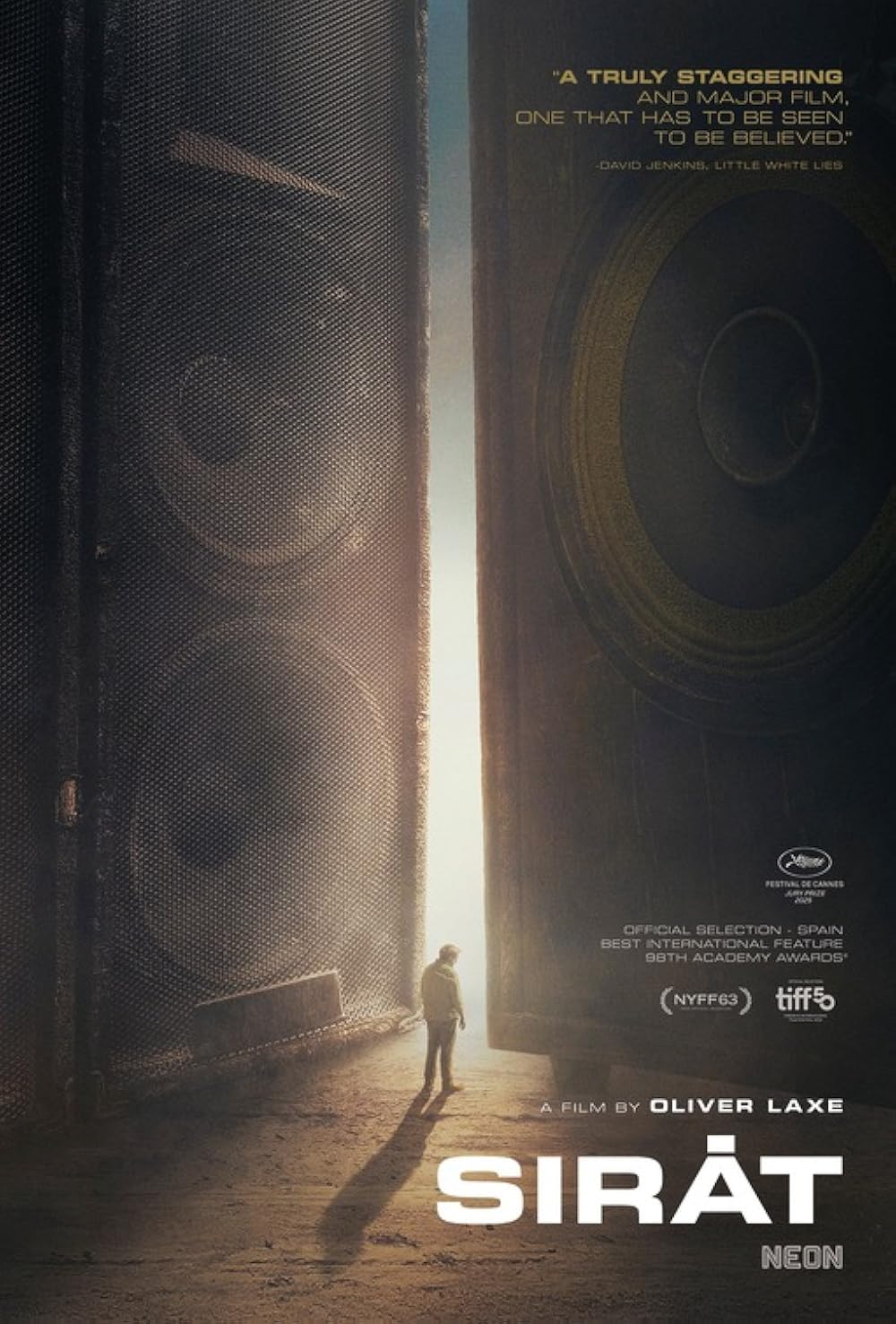
Podcast Review - Todd |
|
|
|